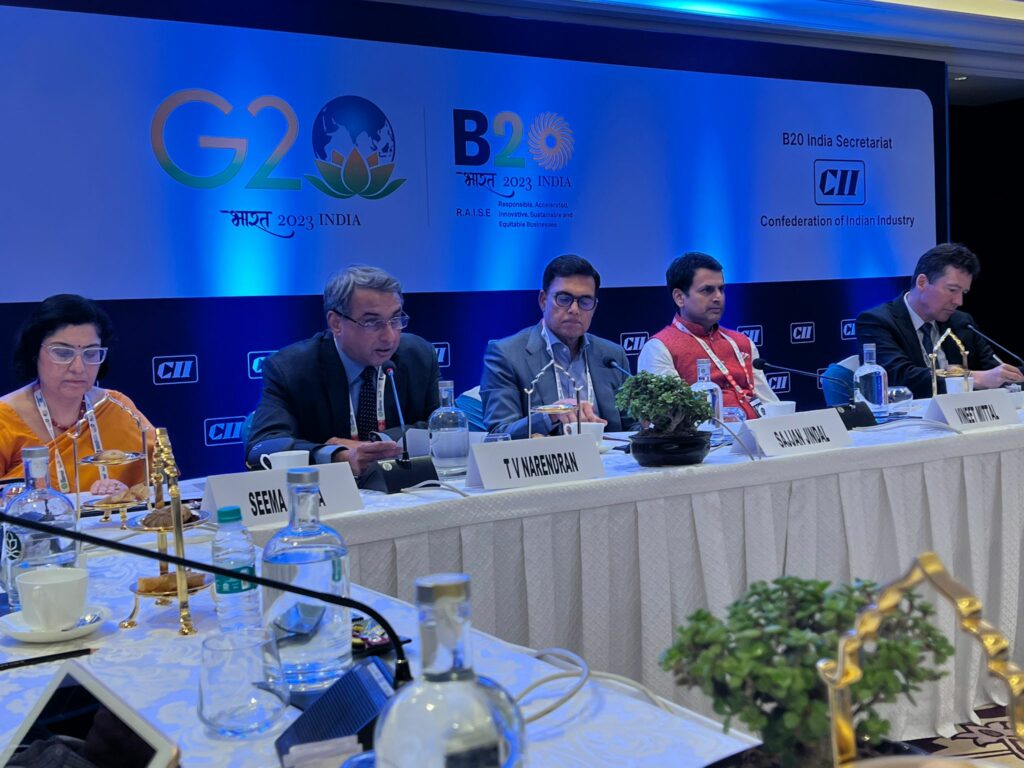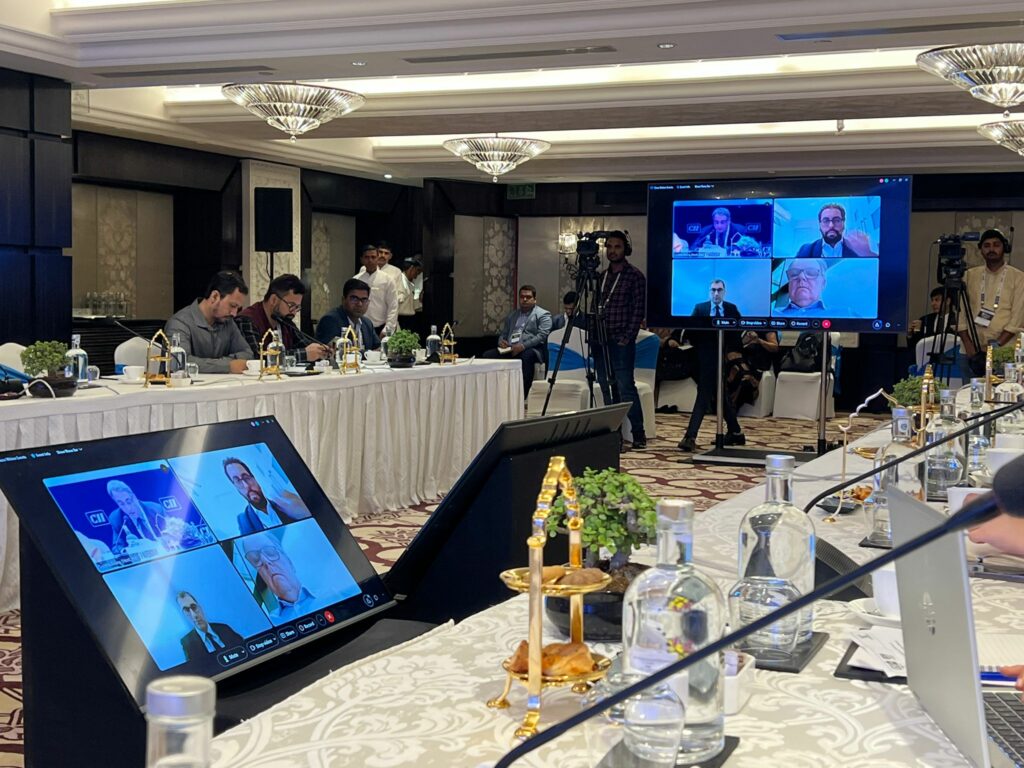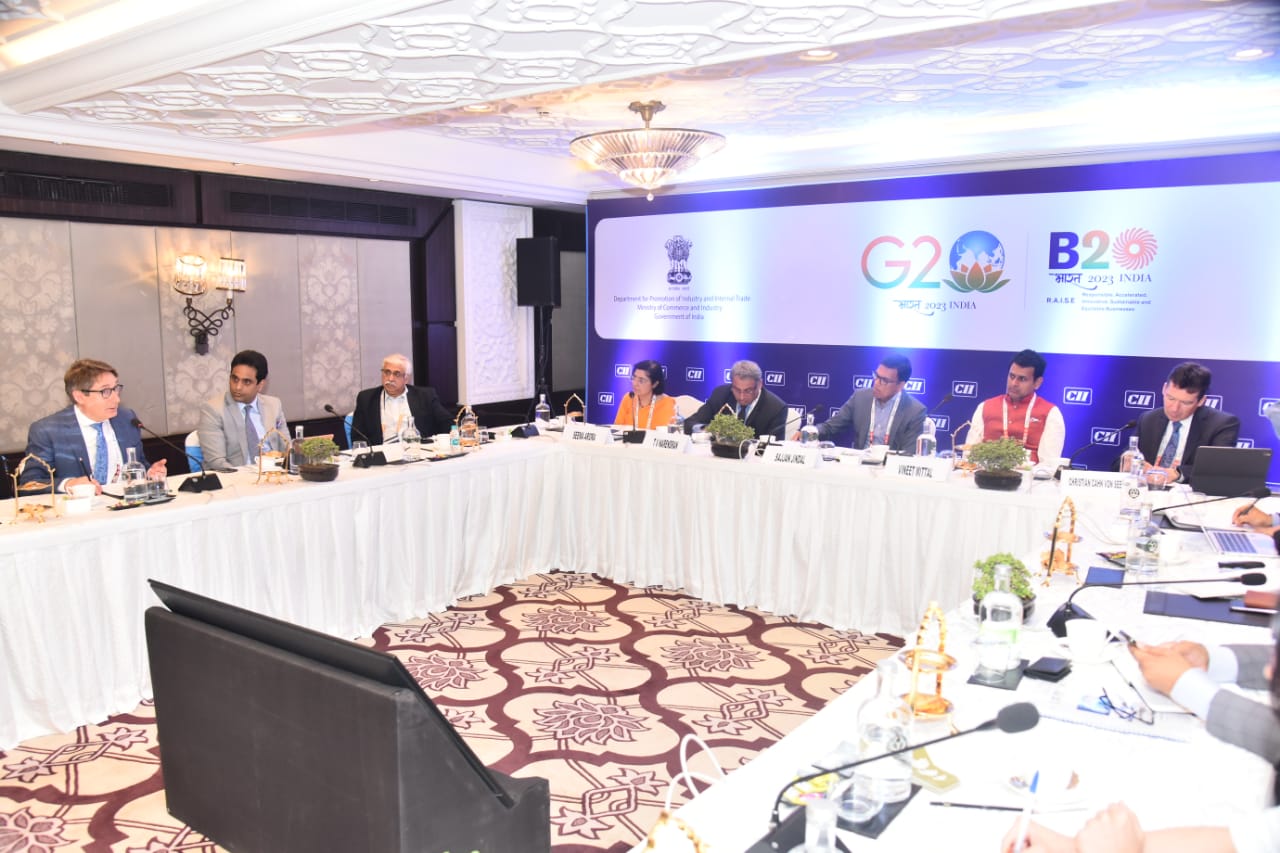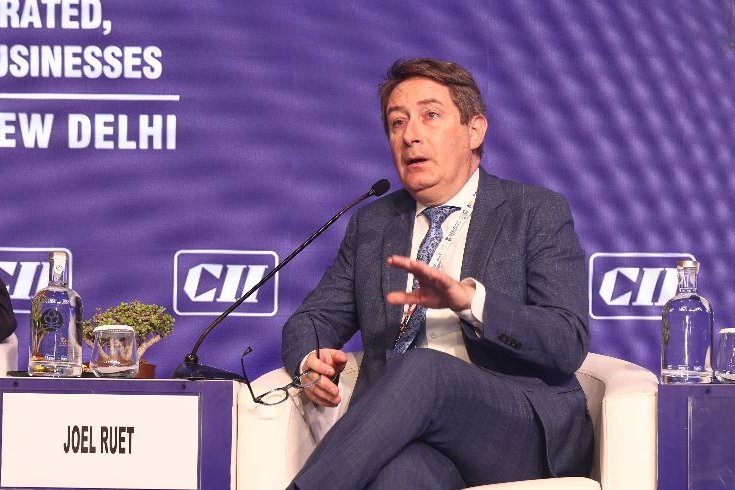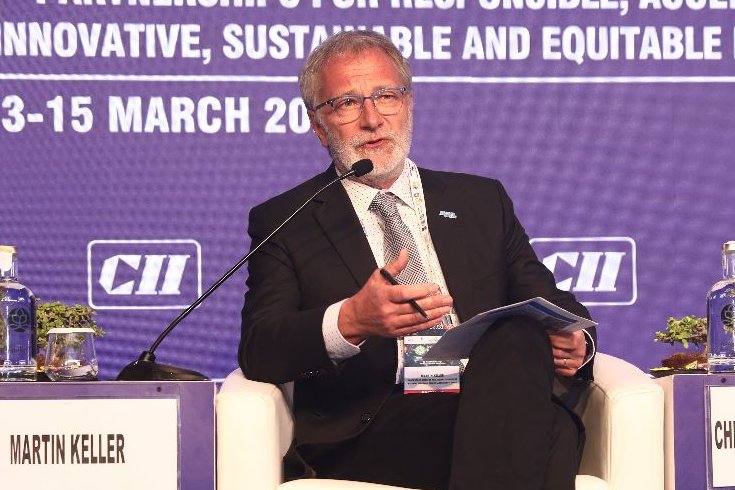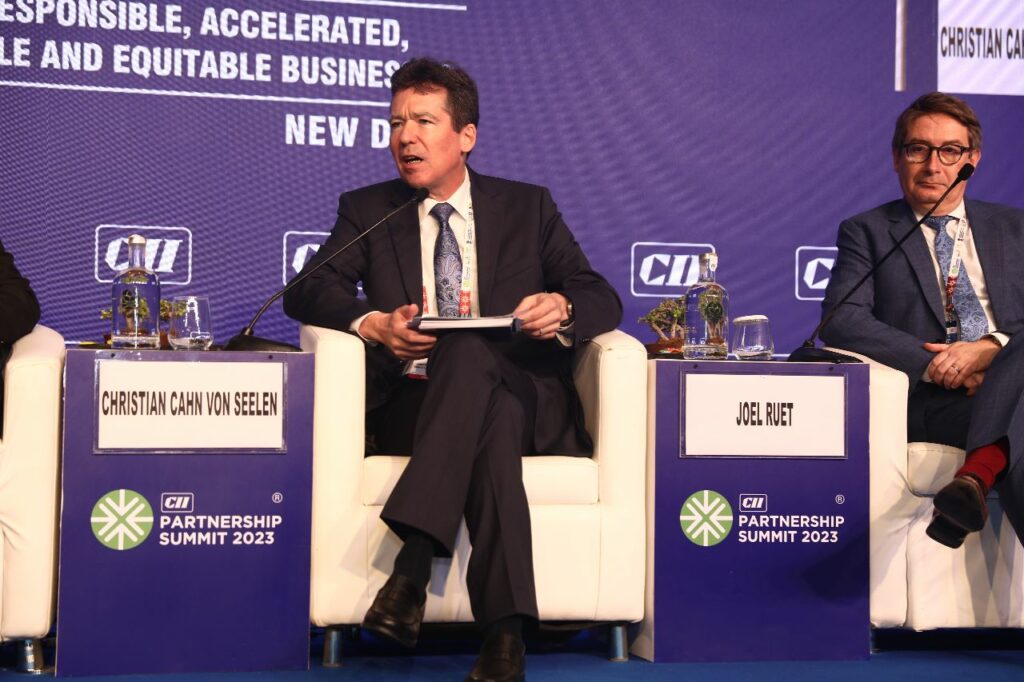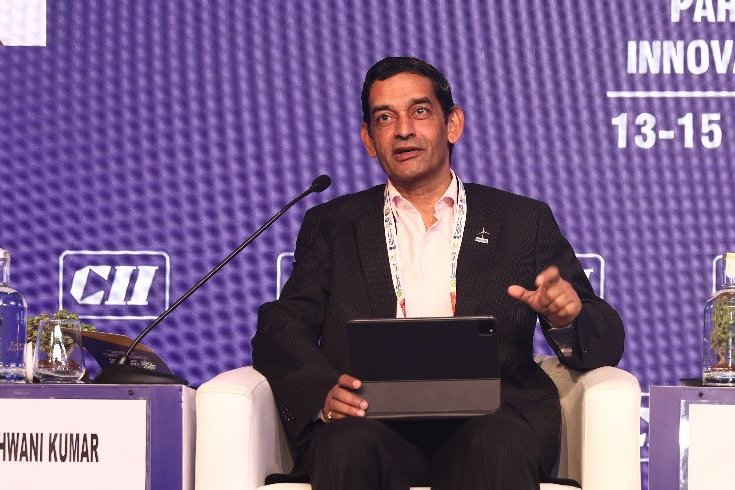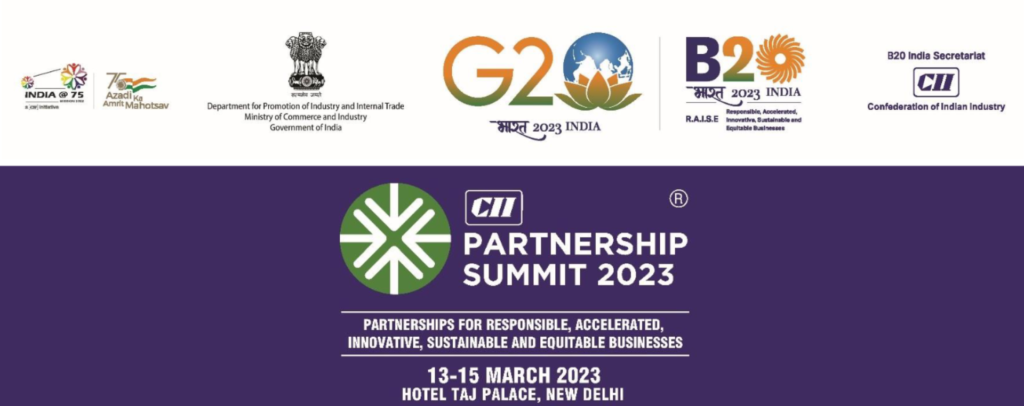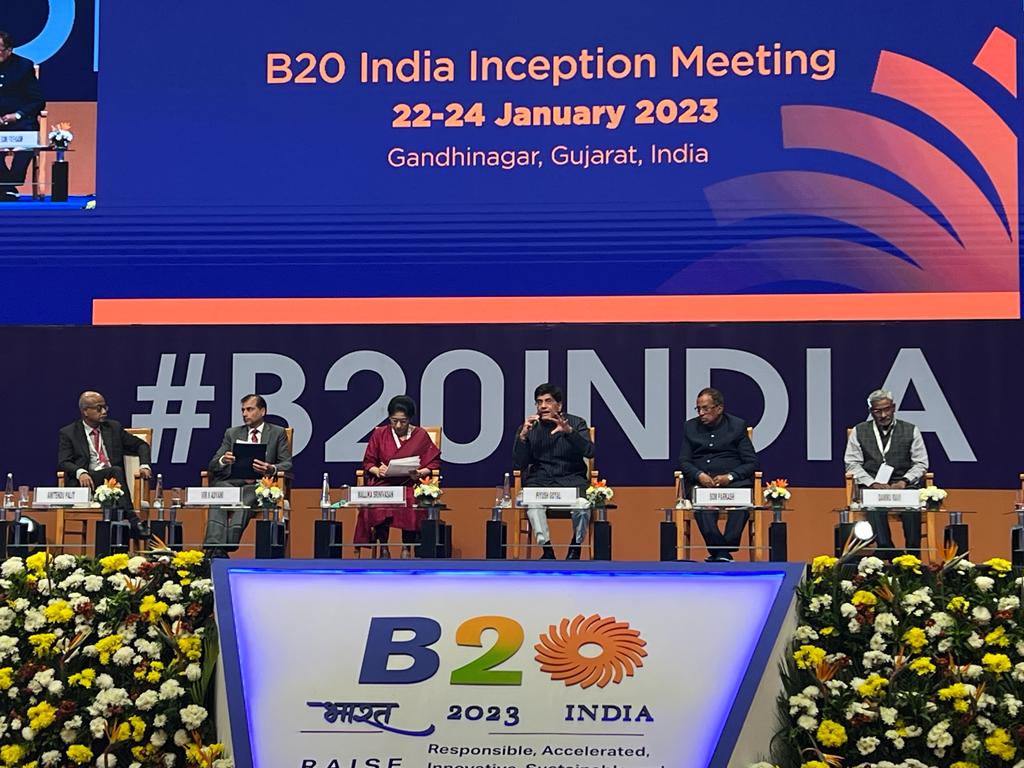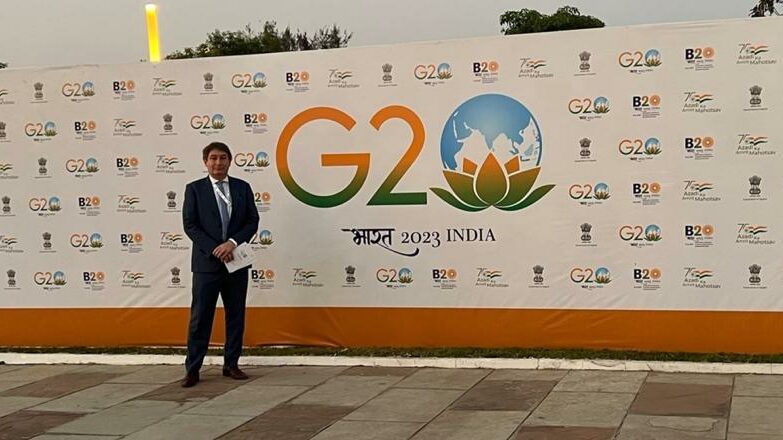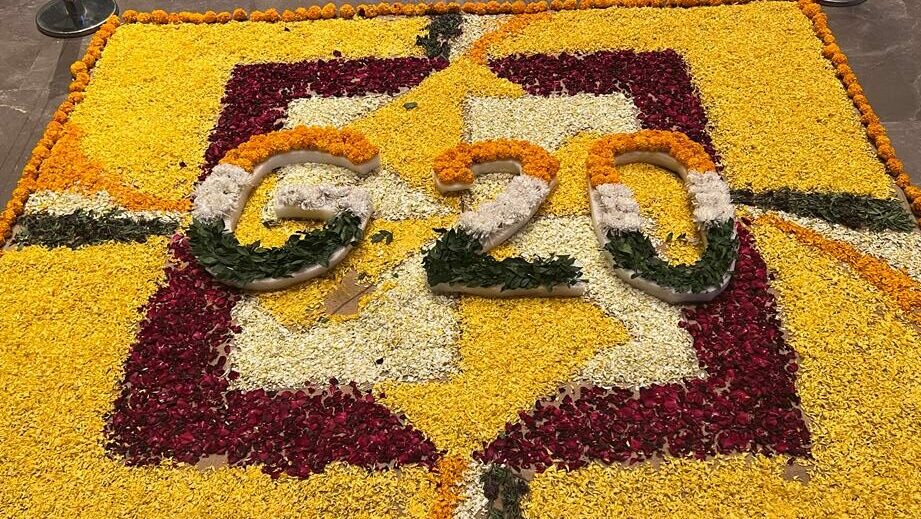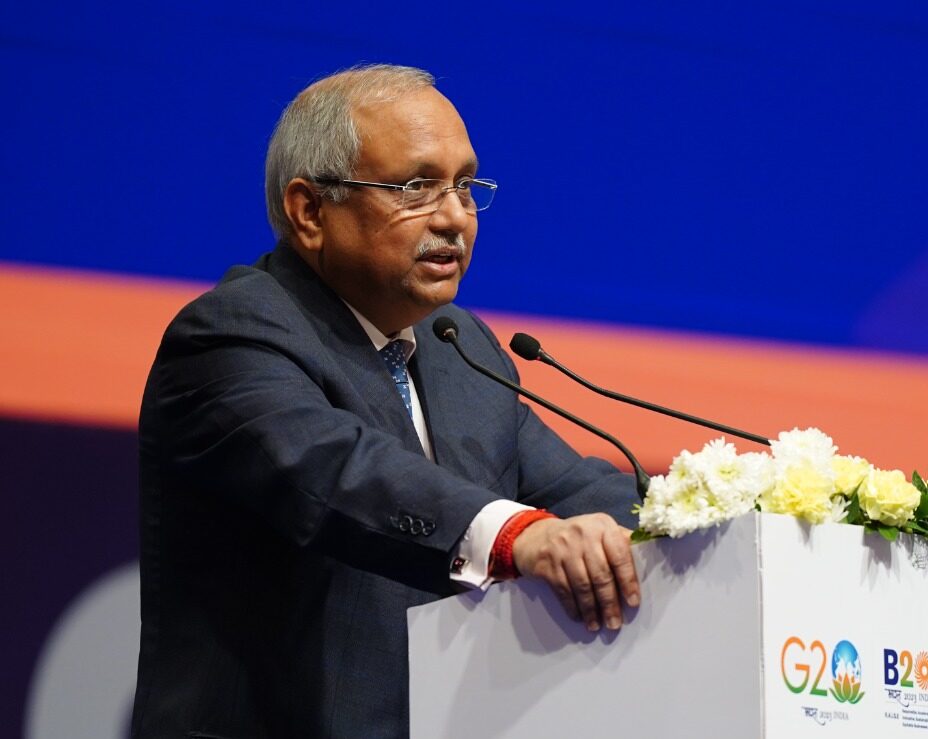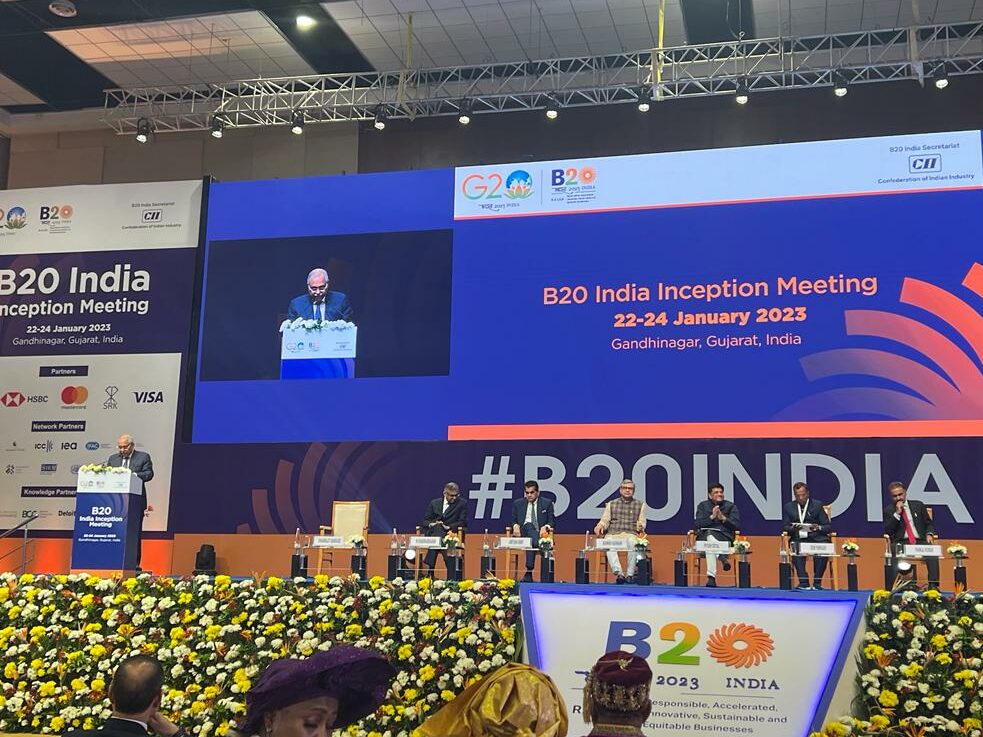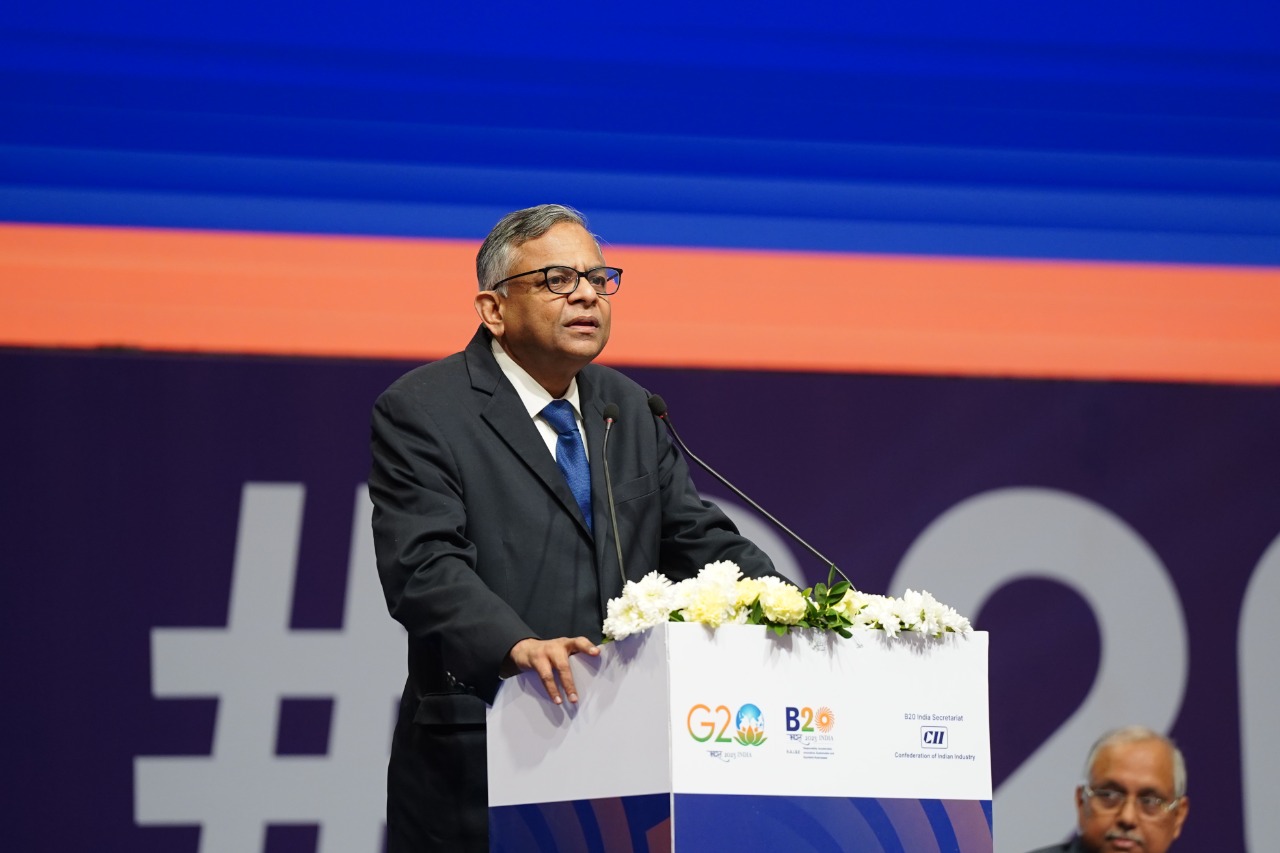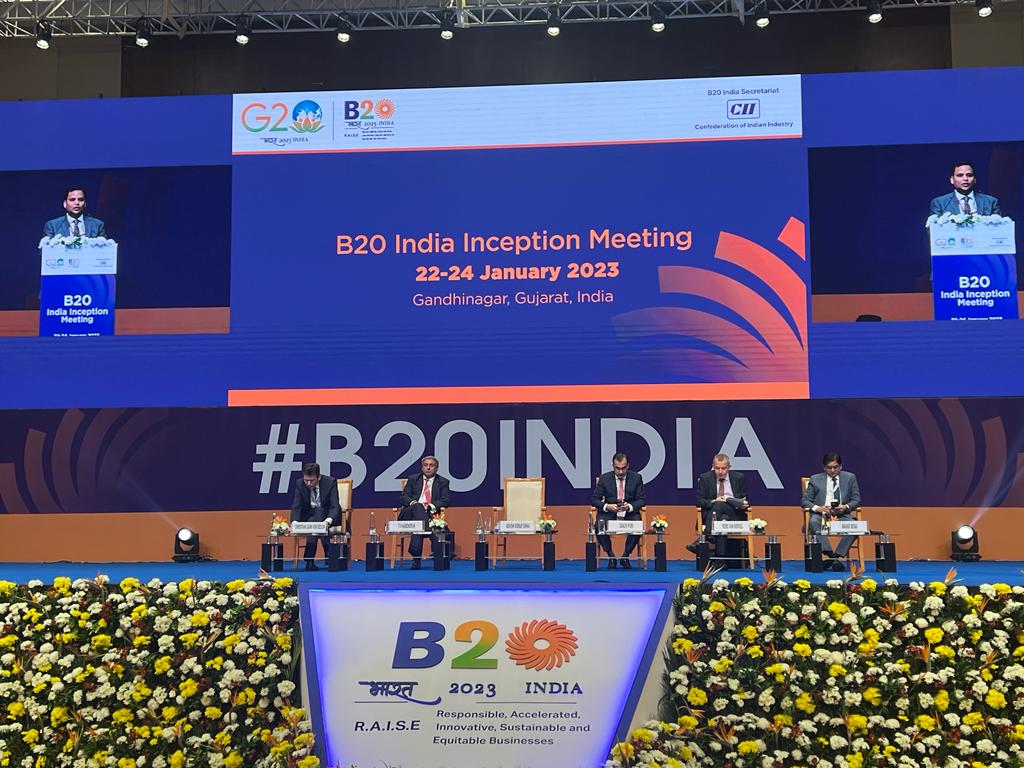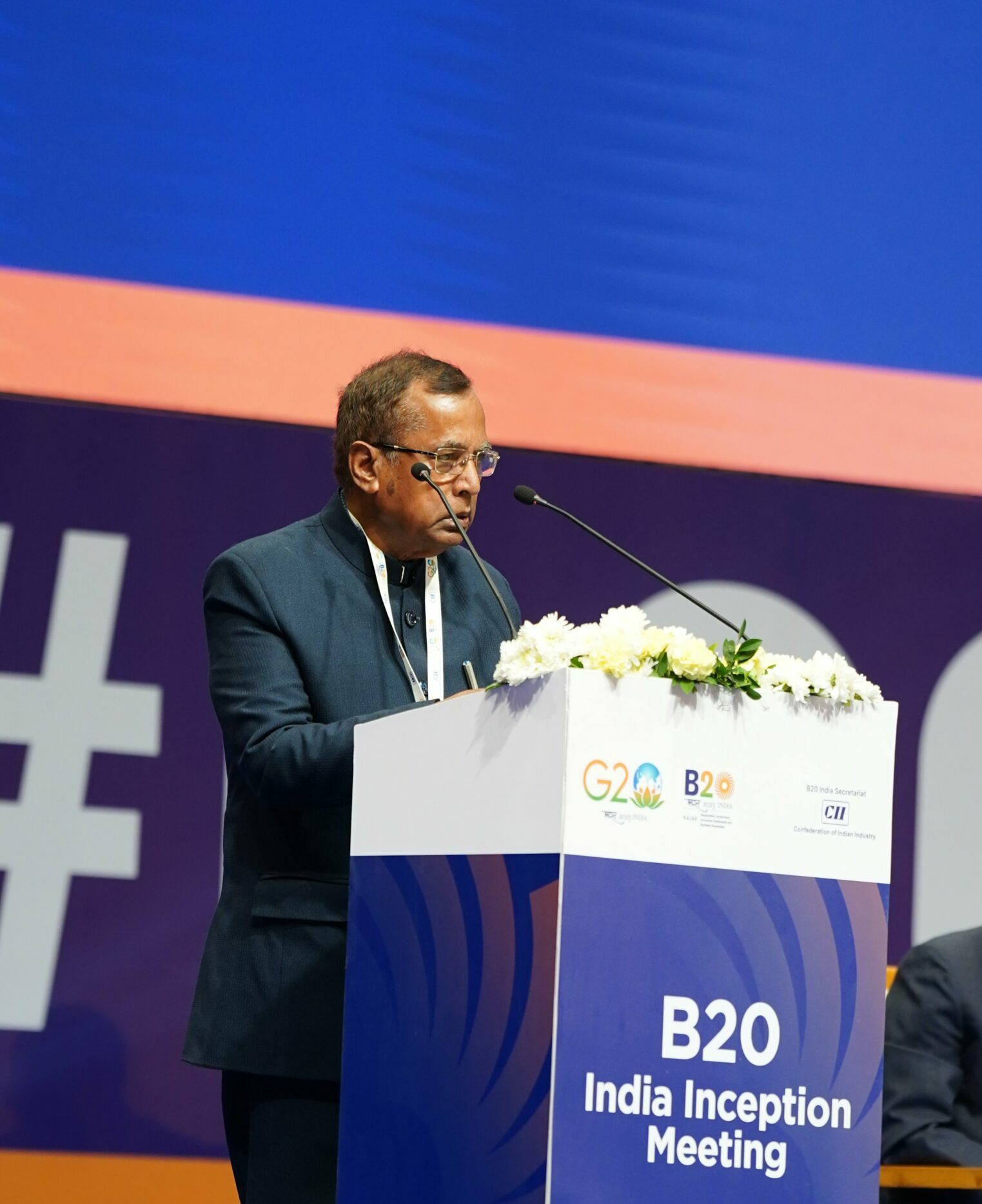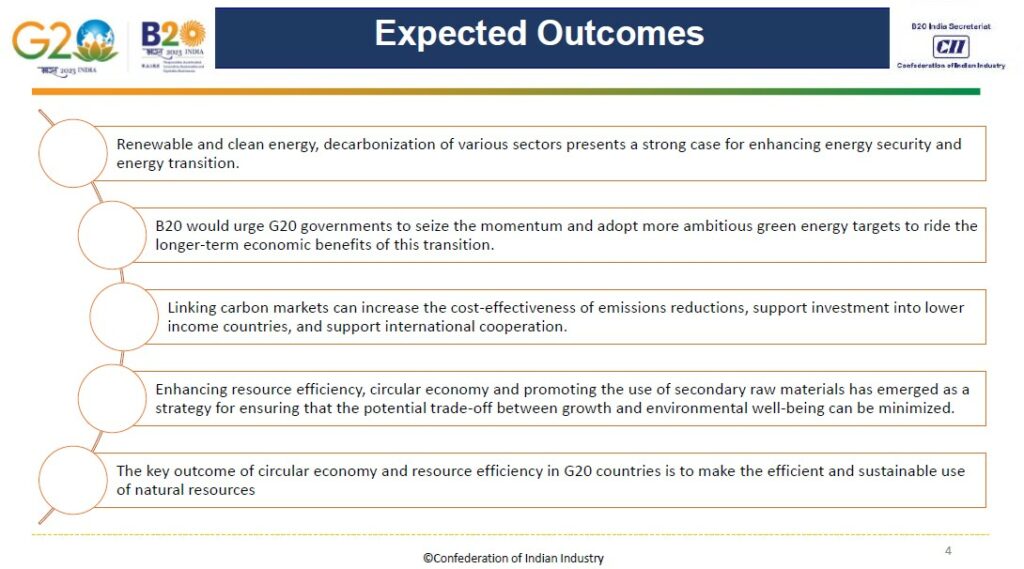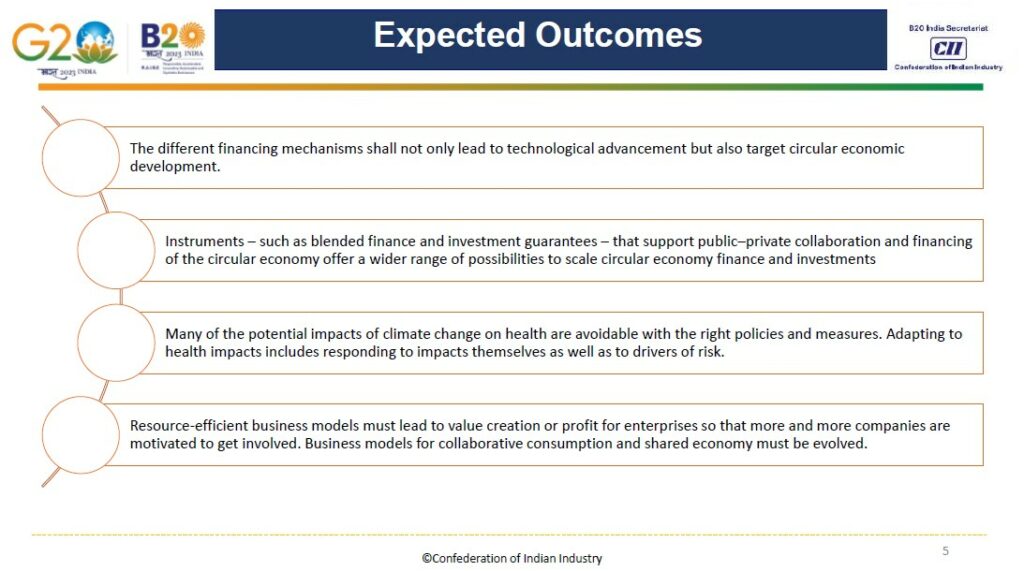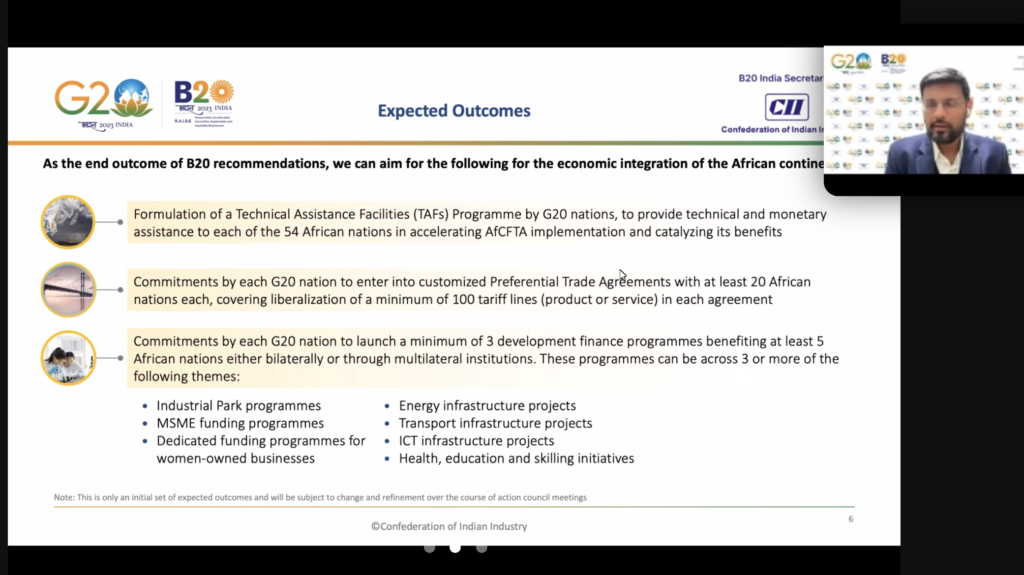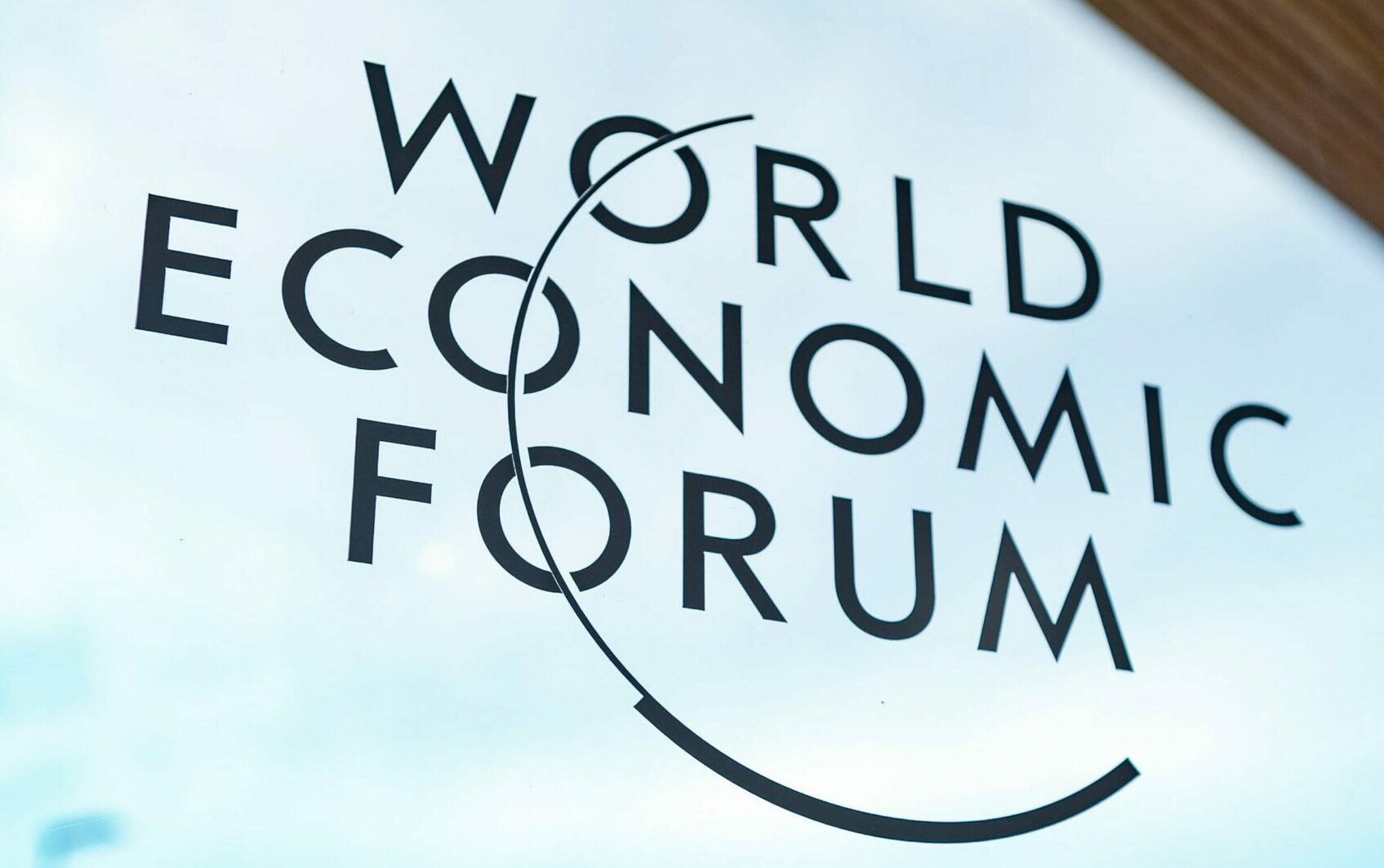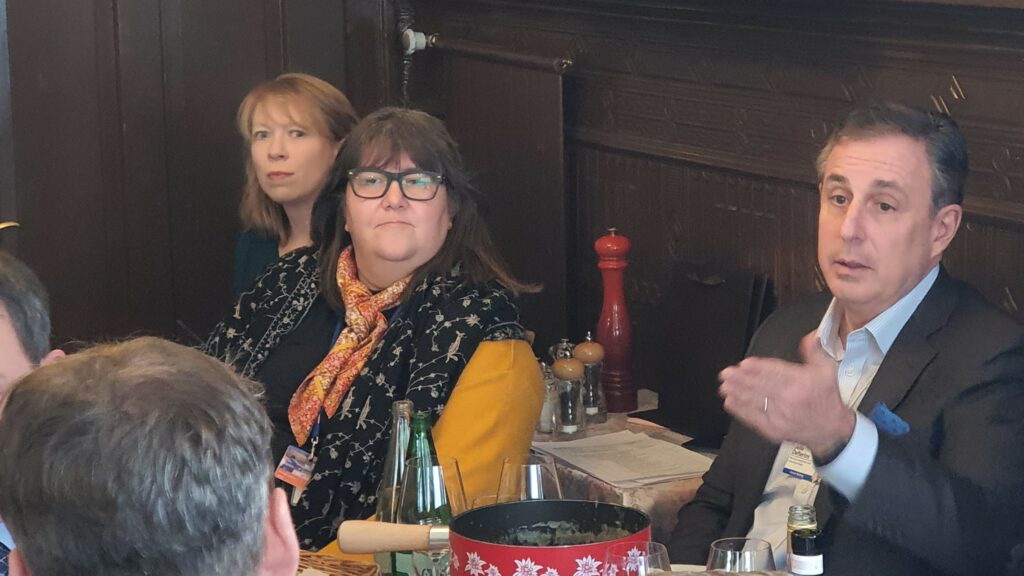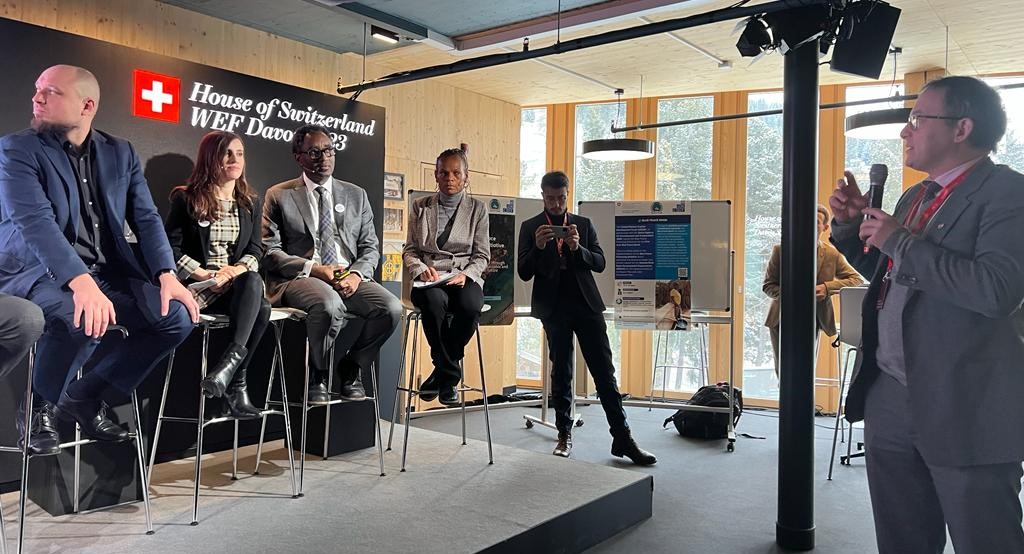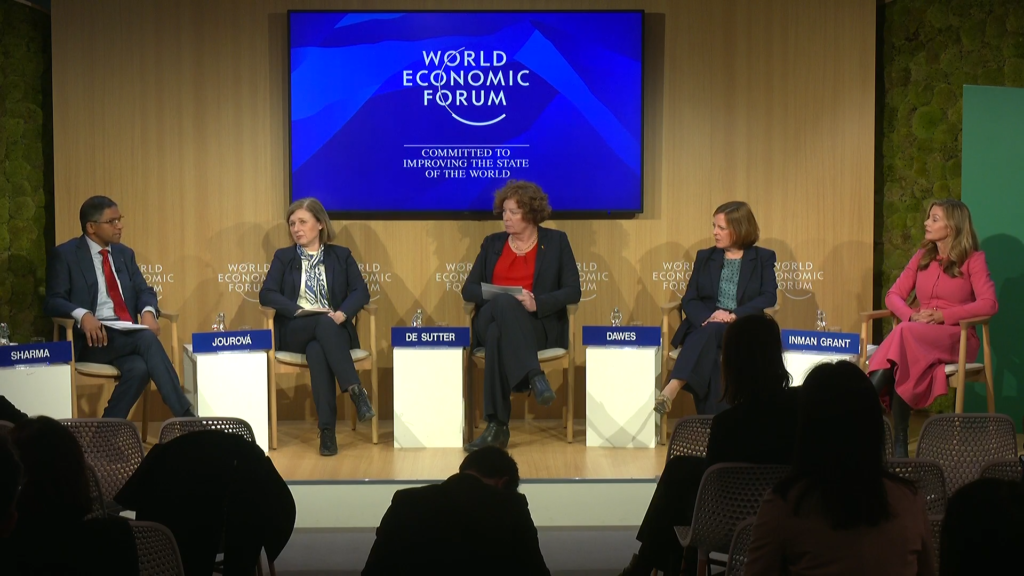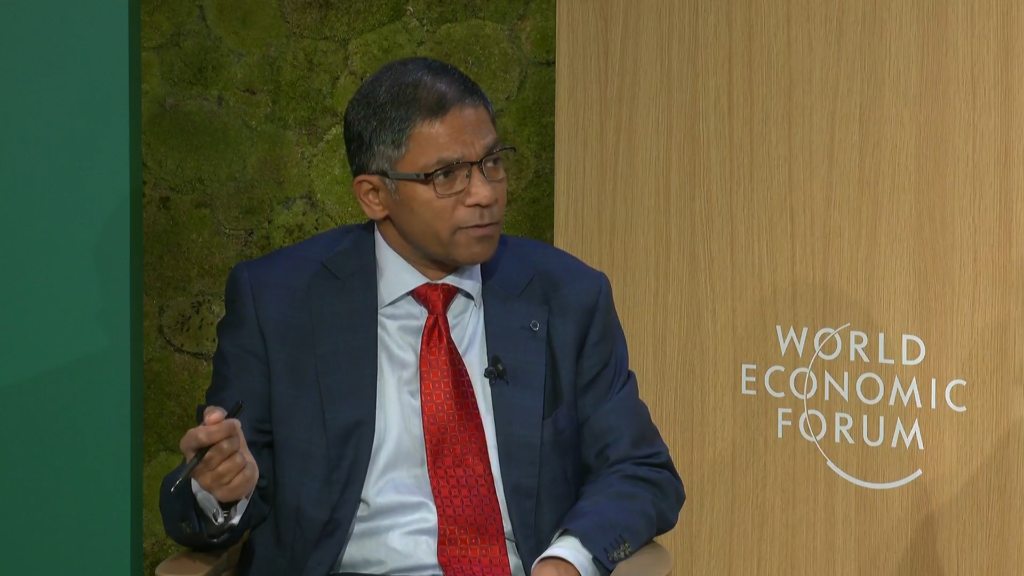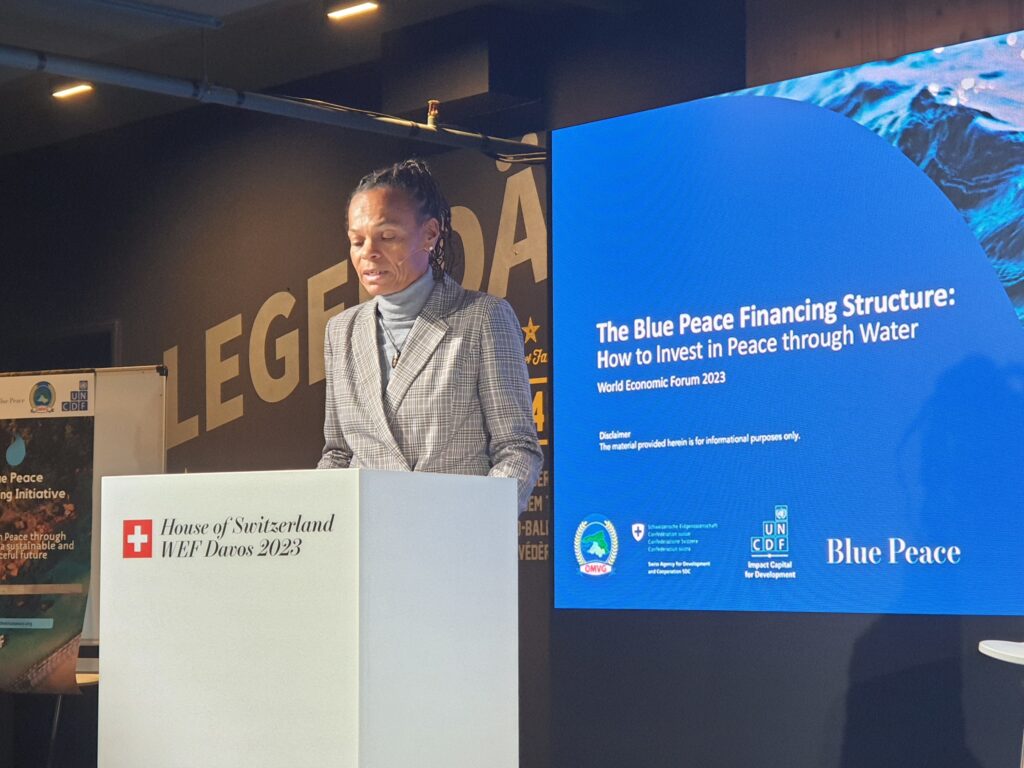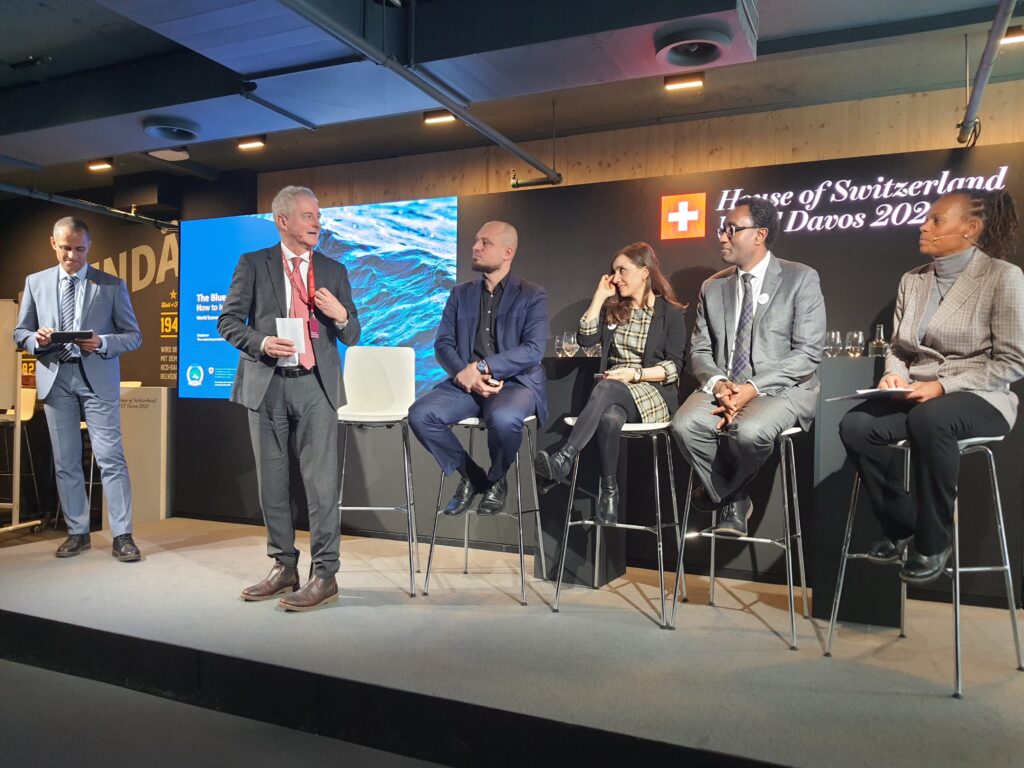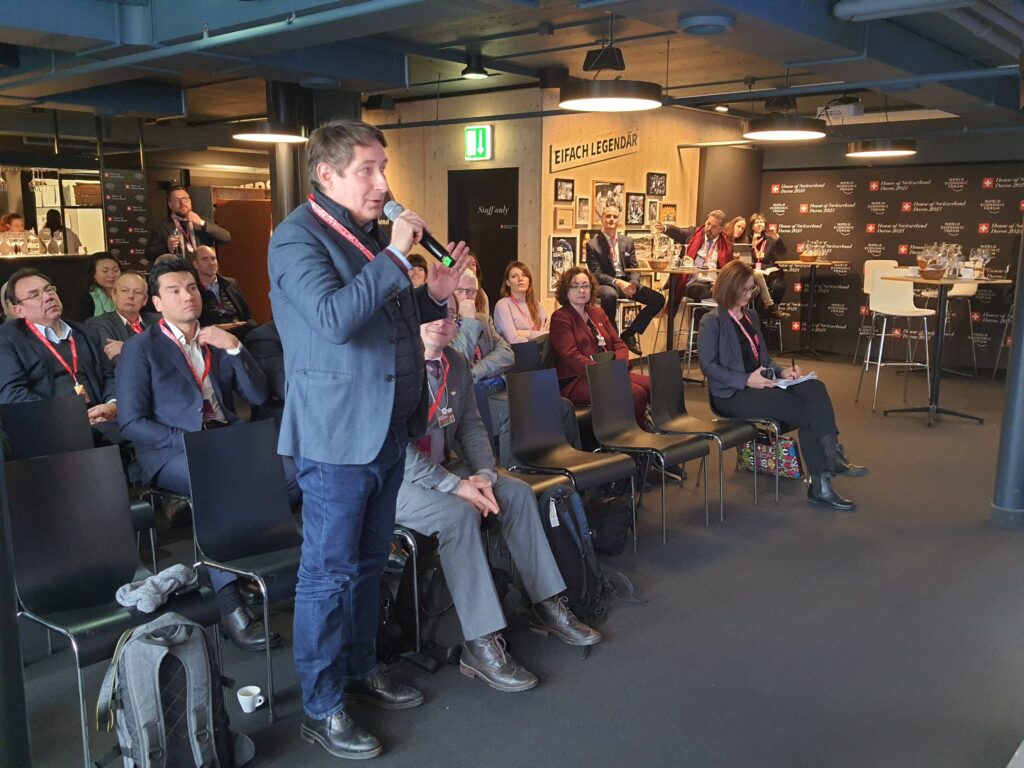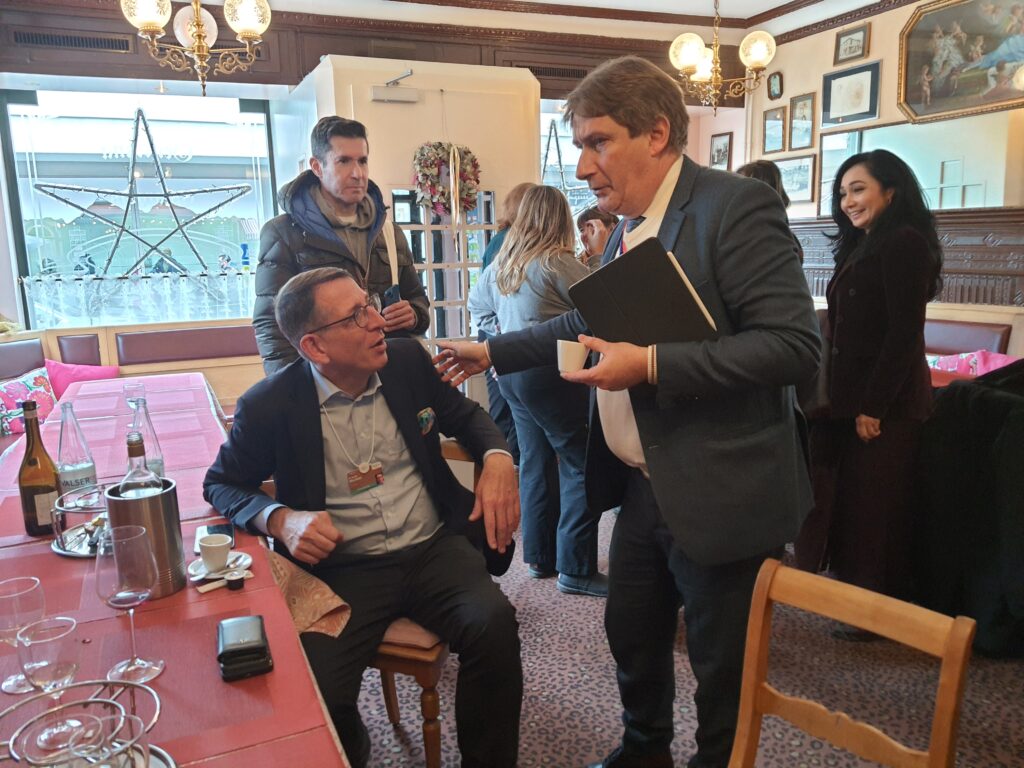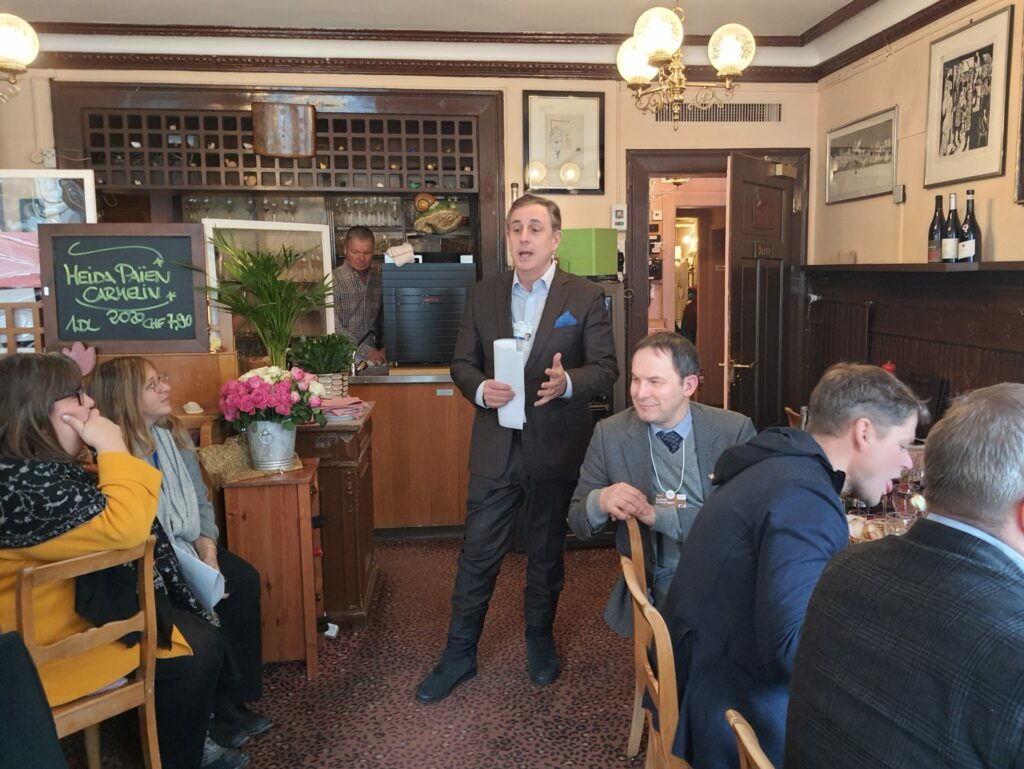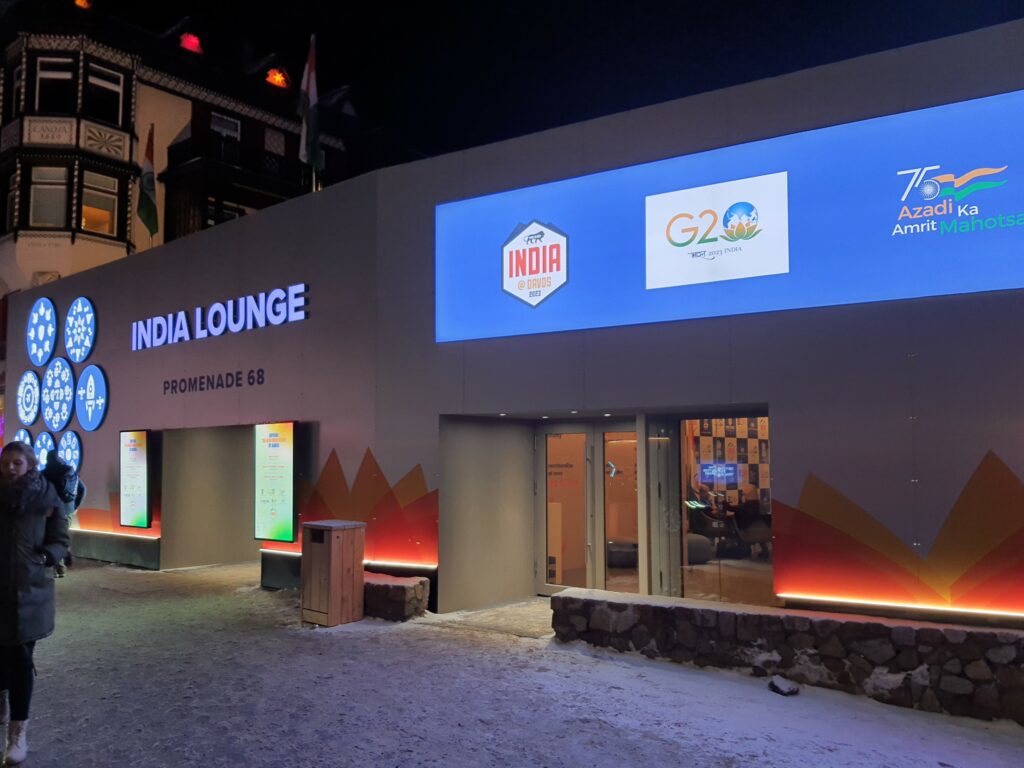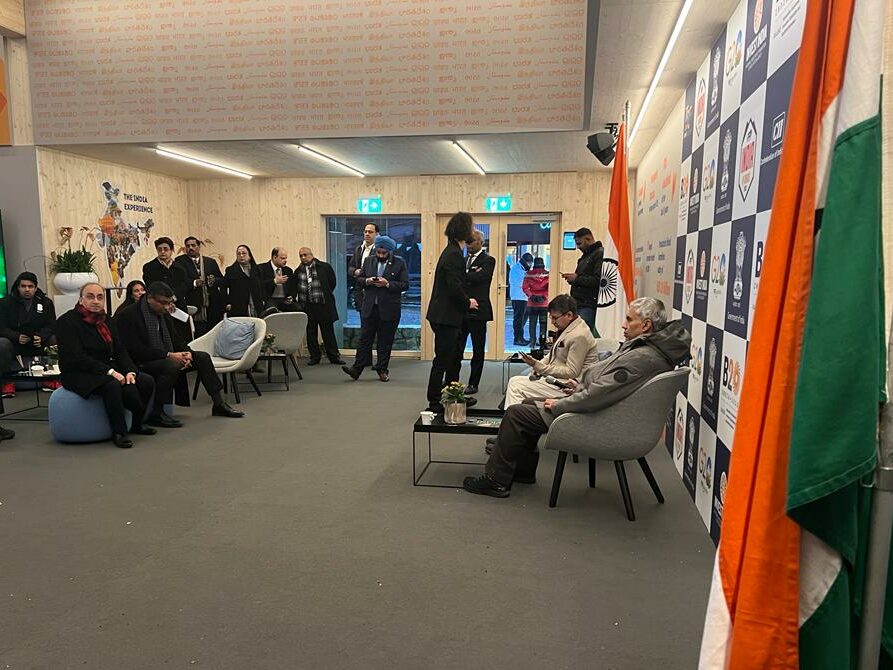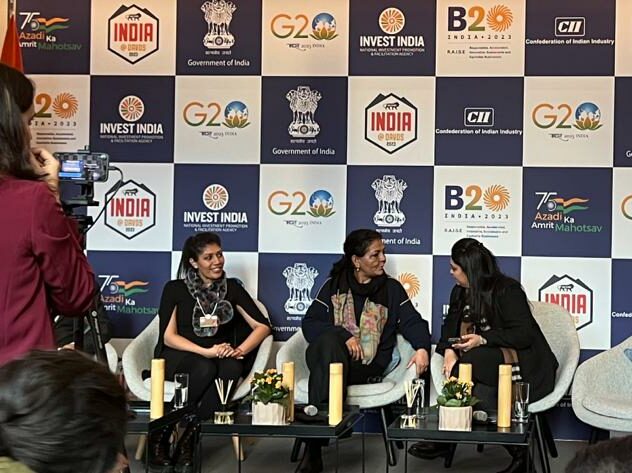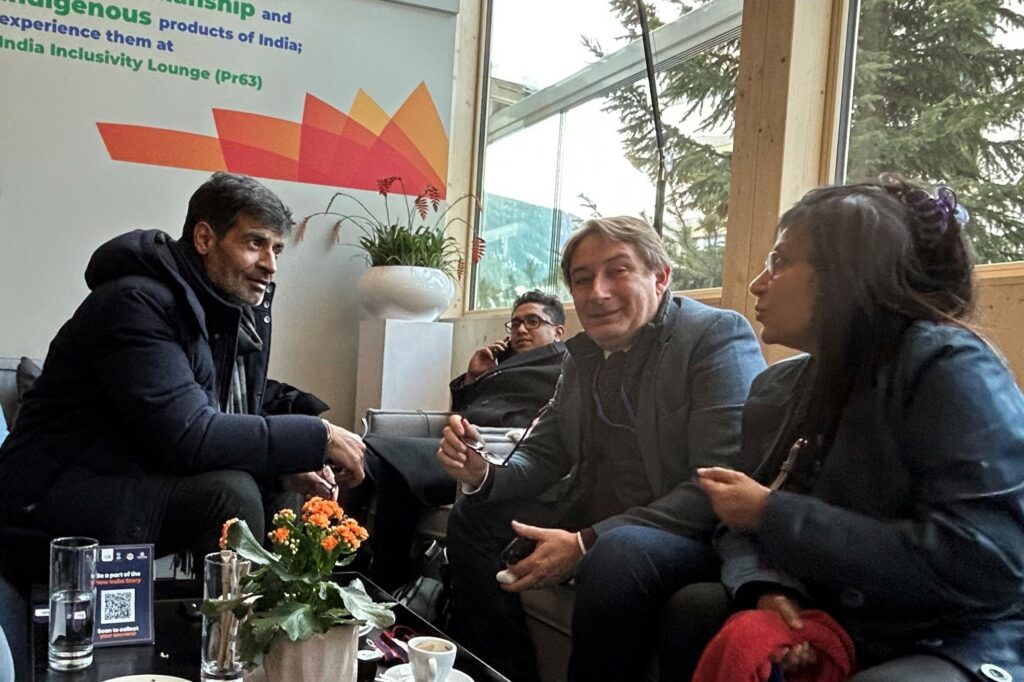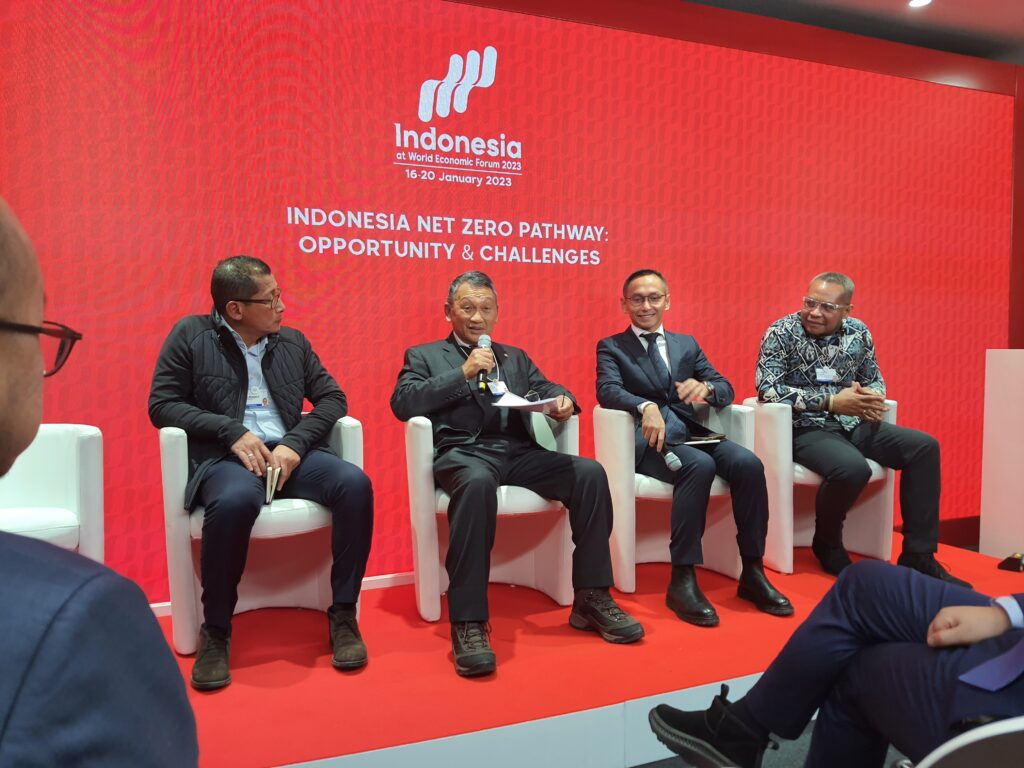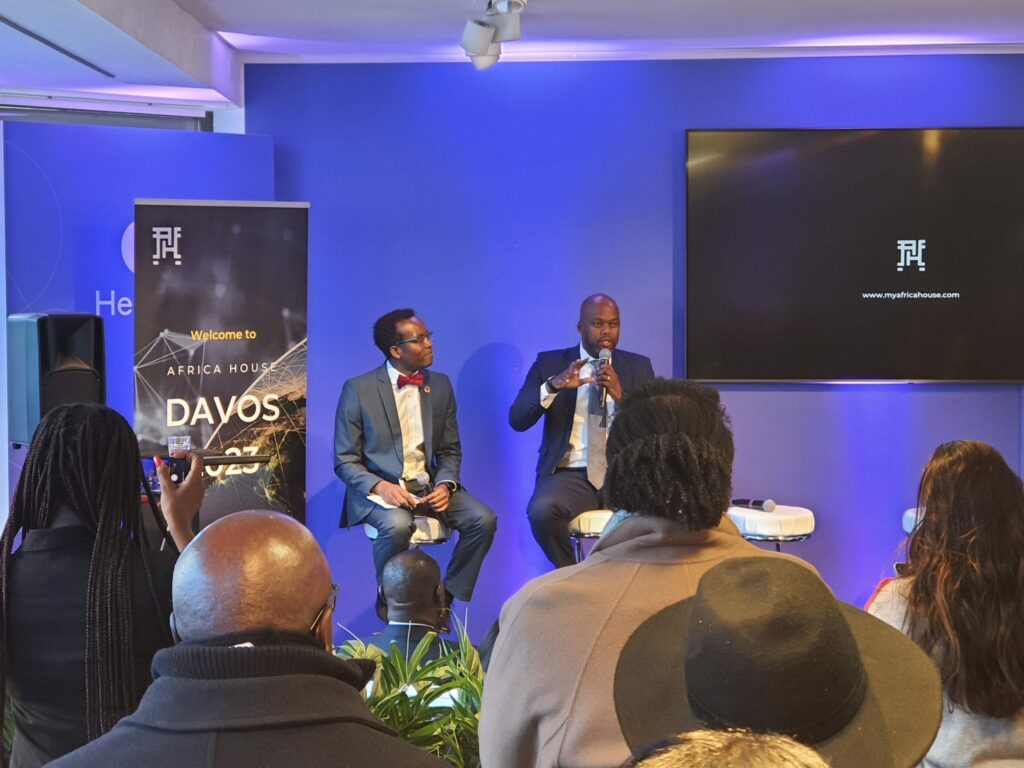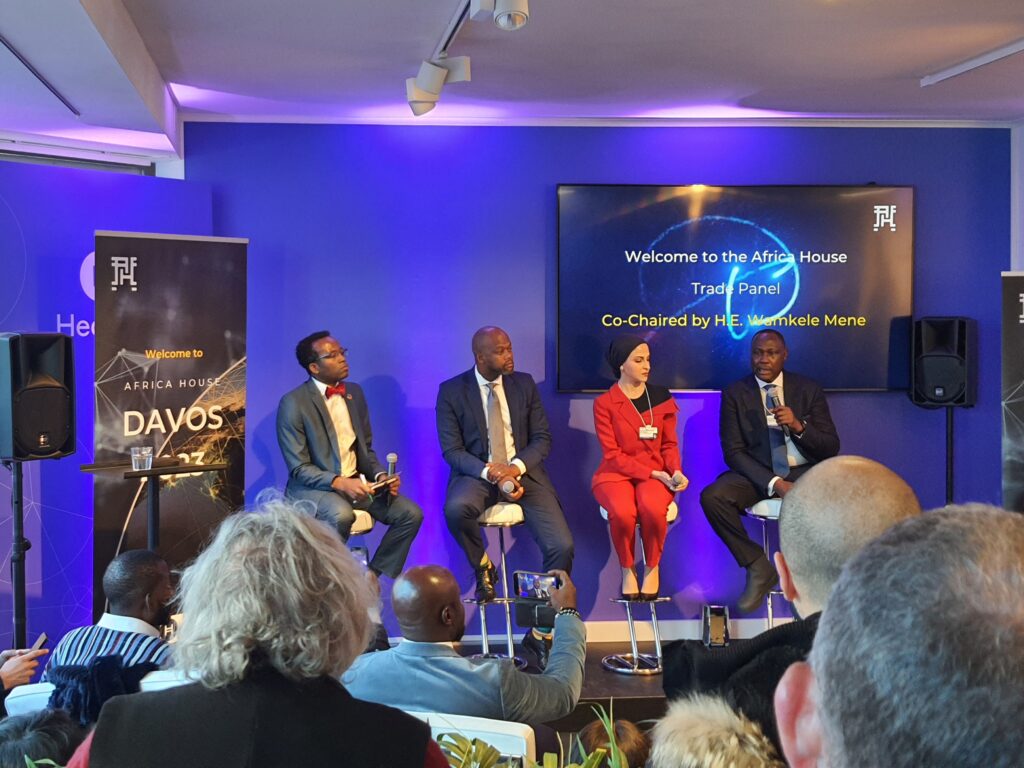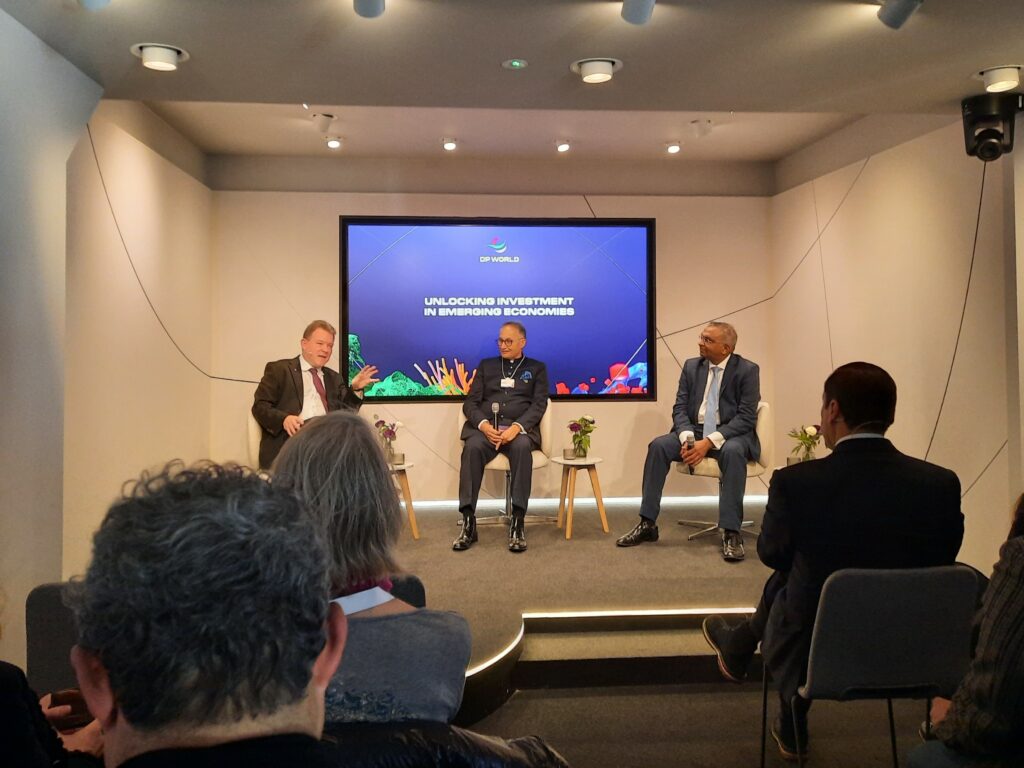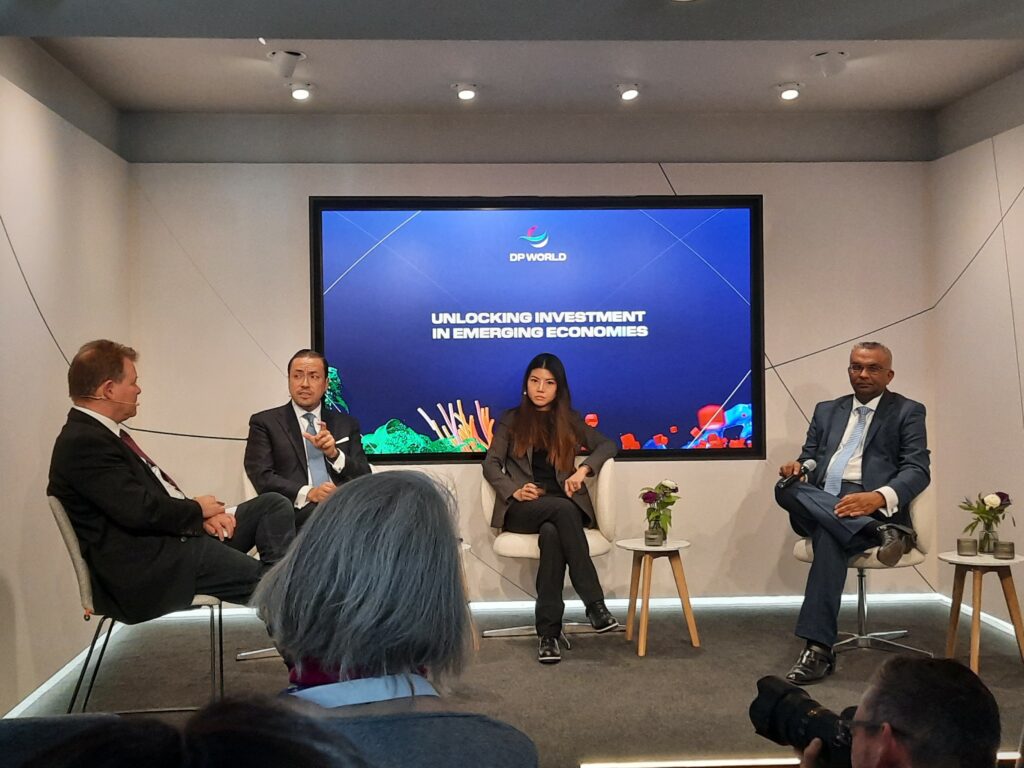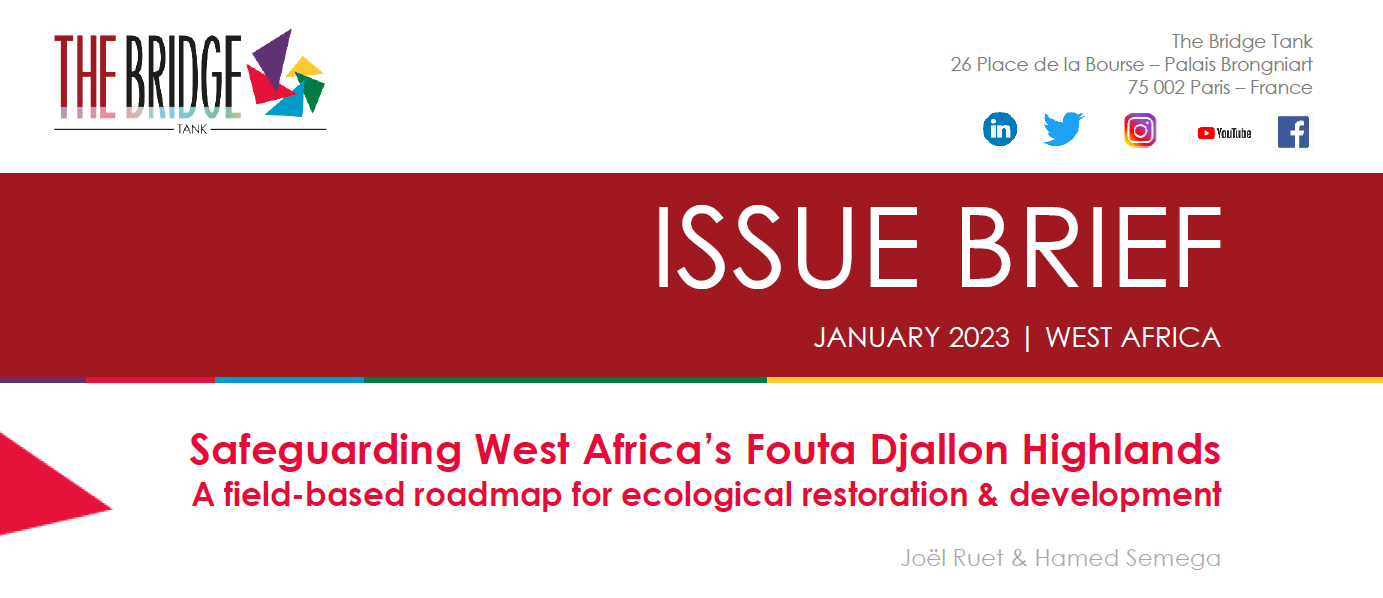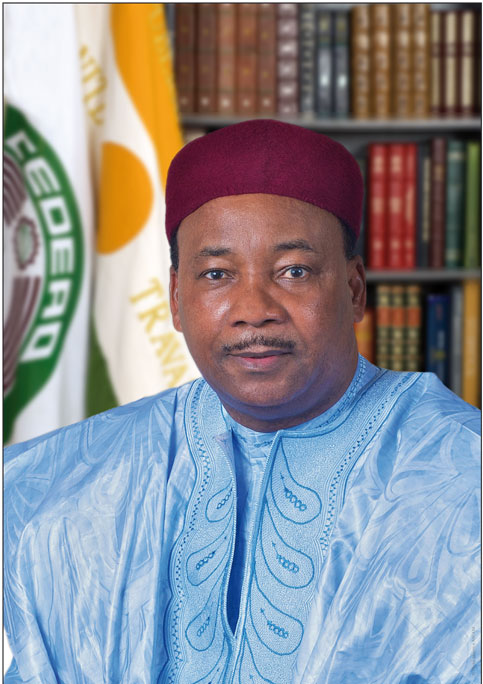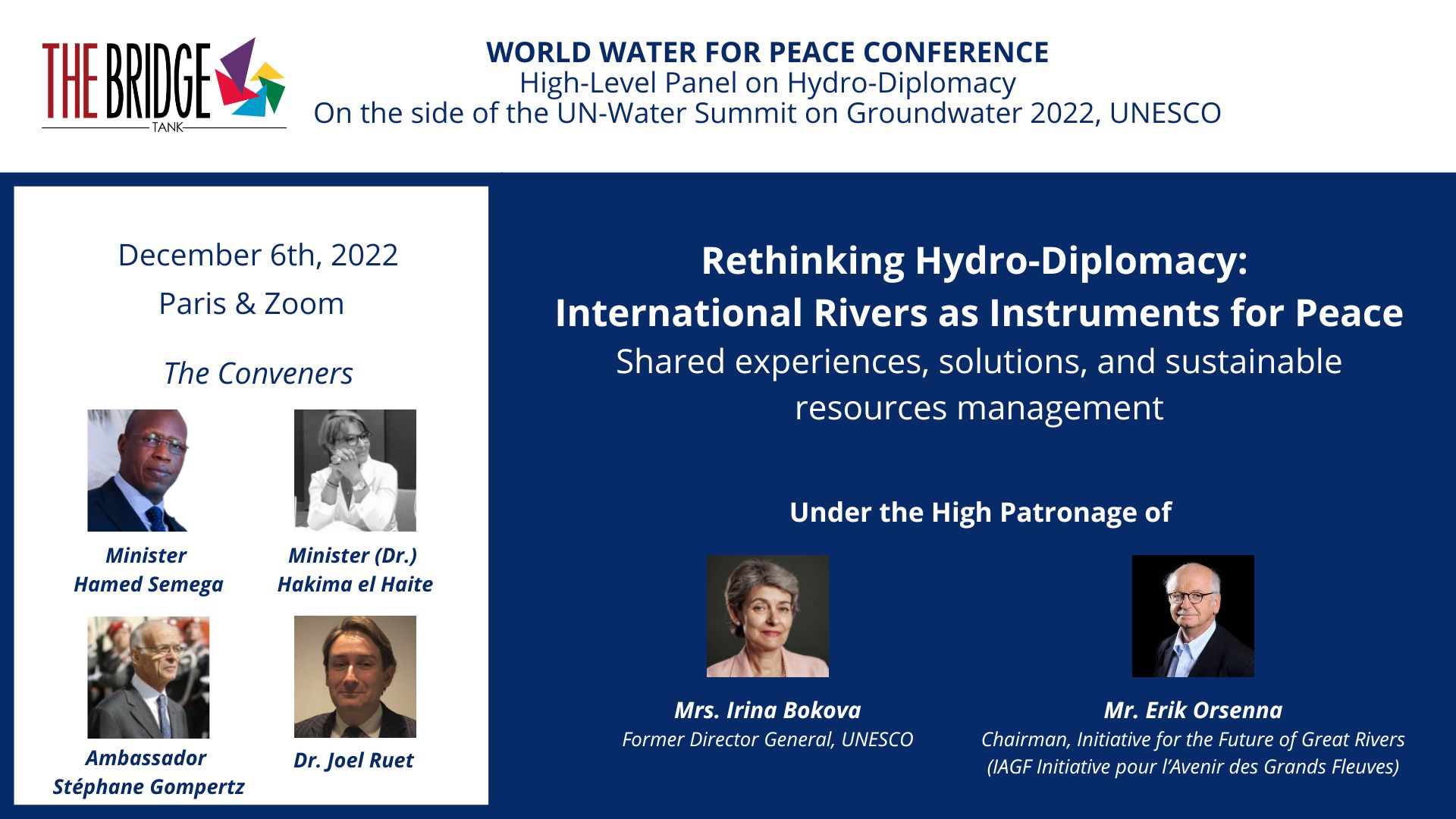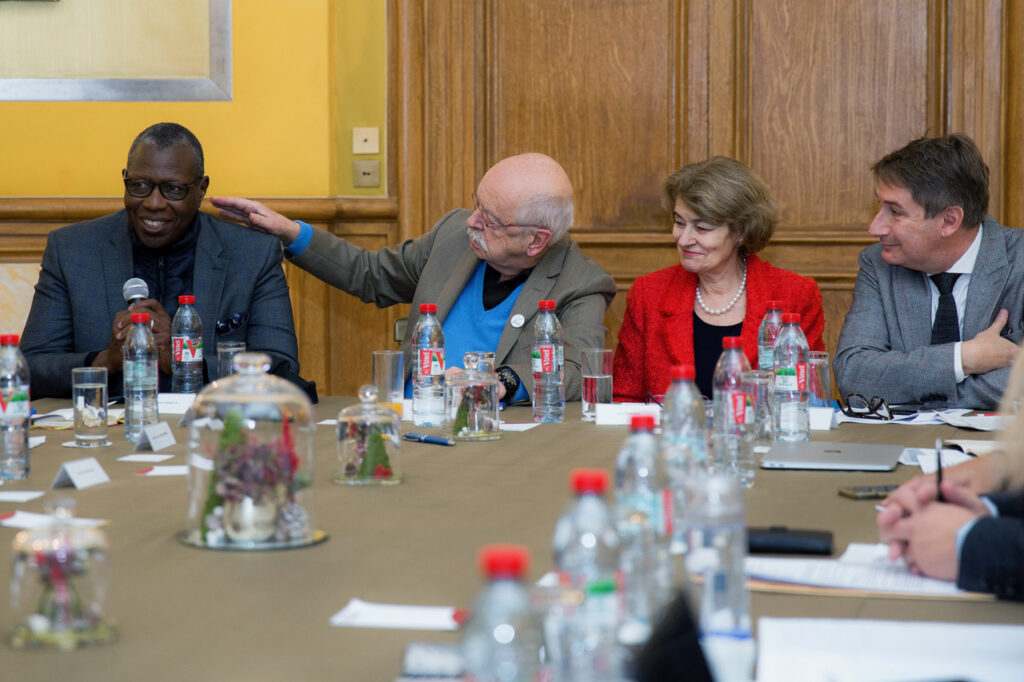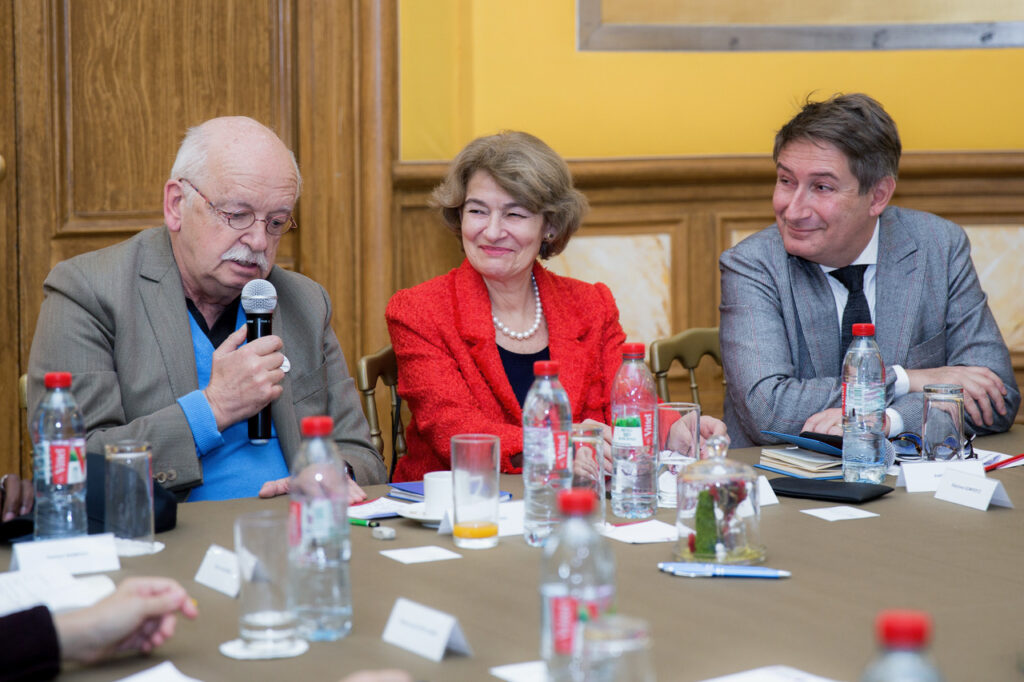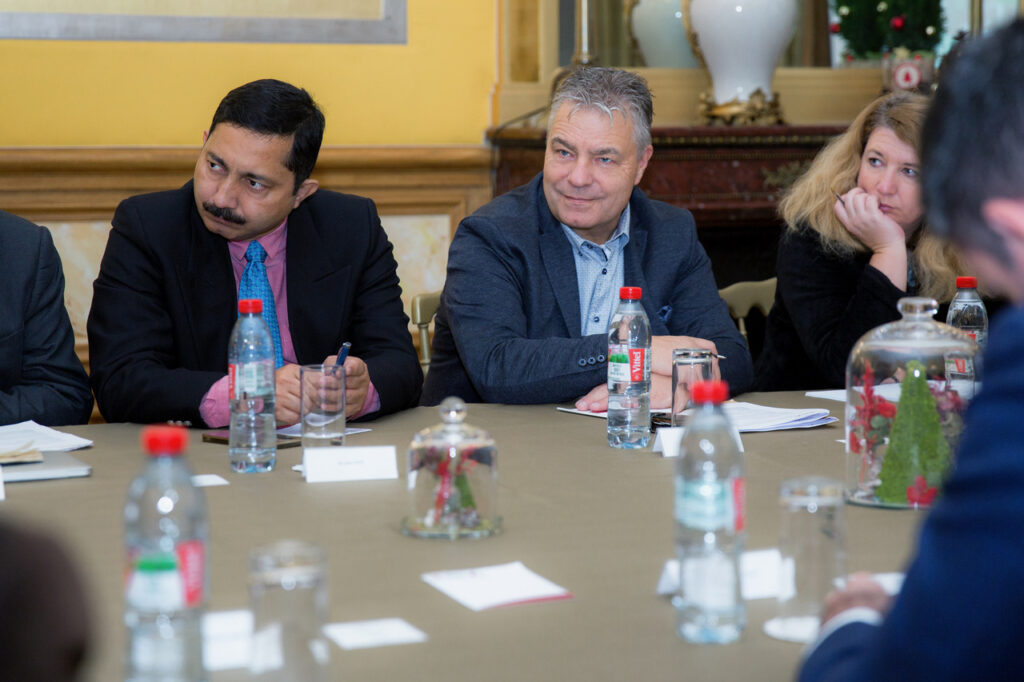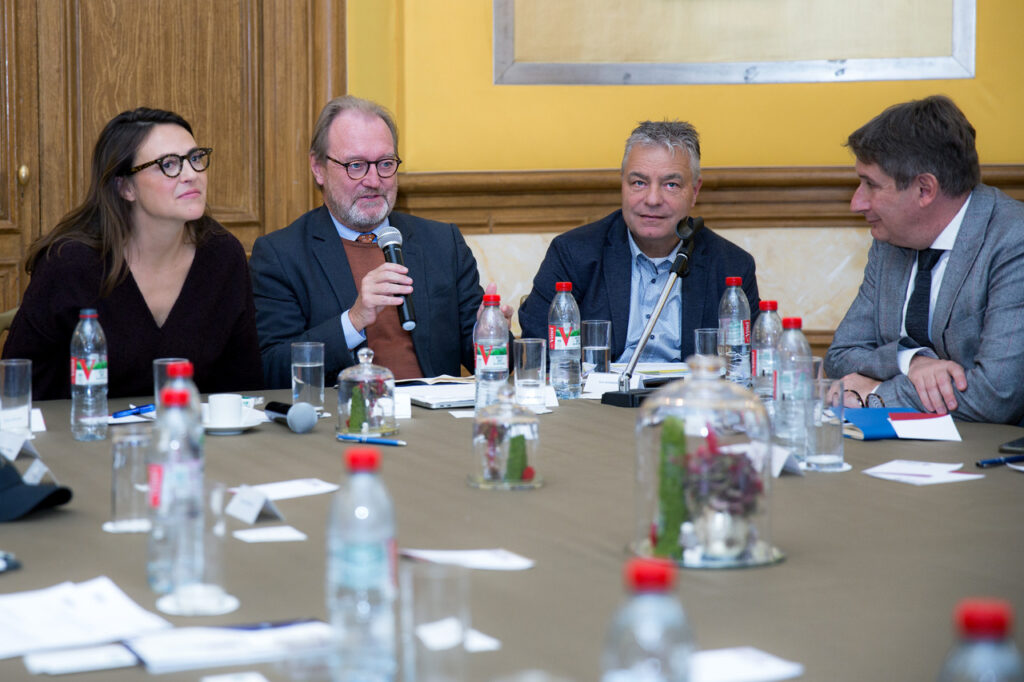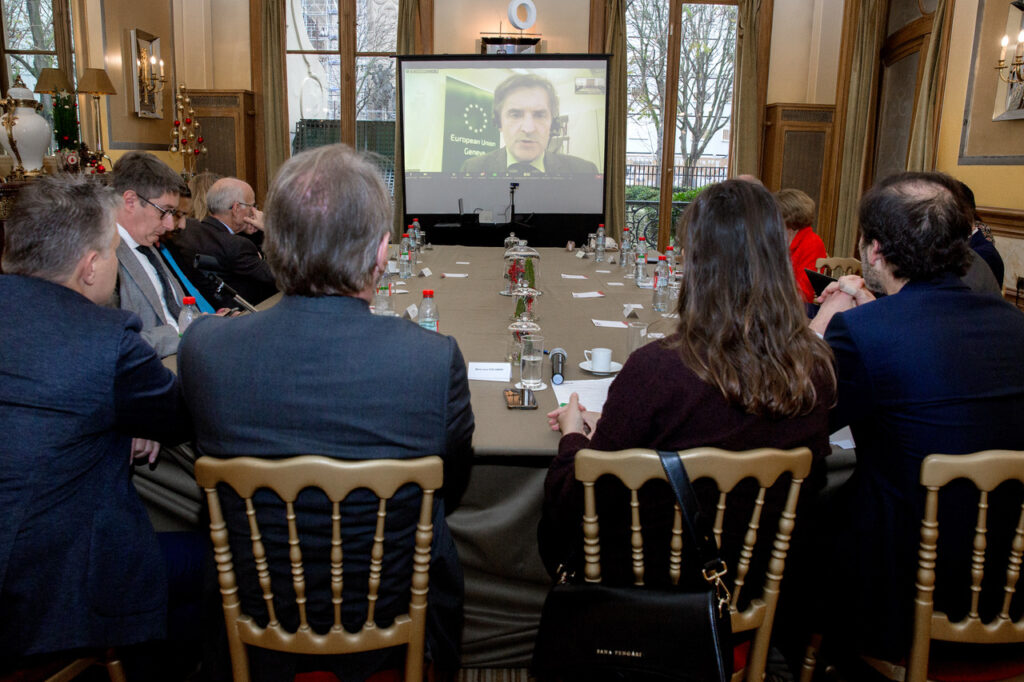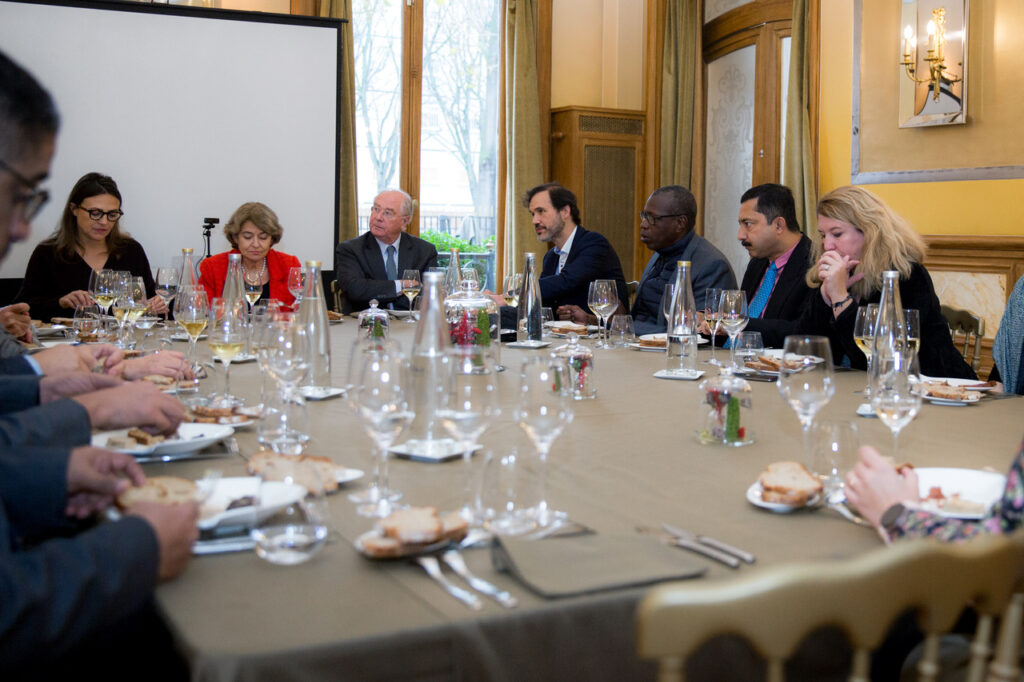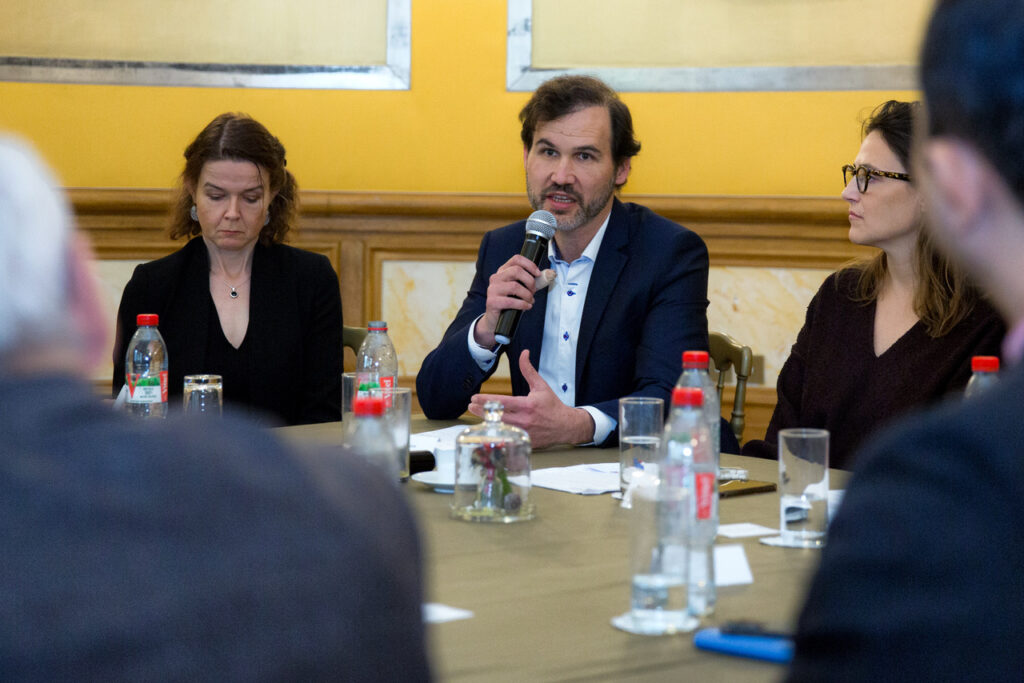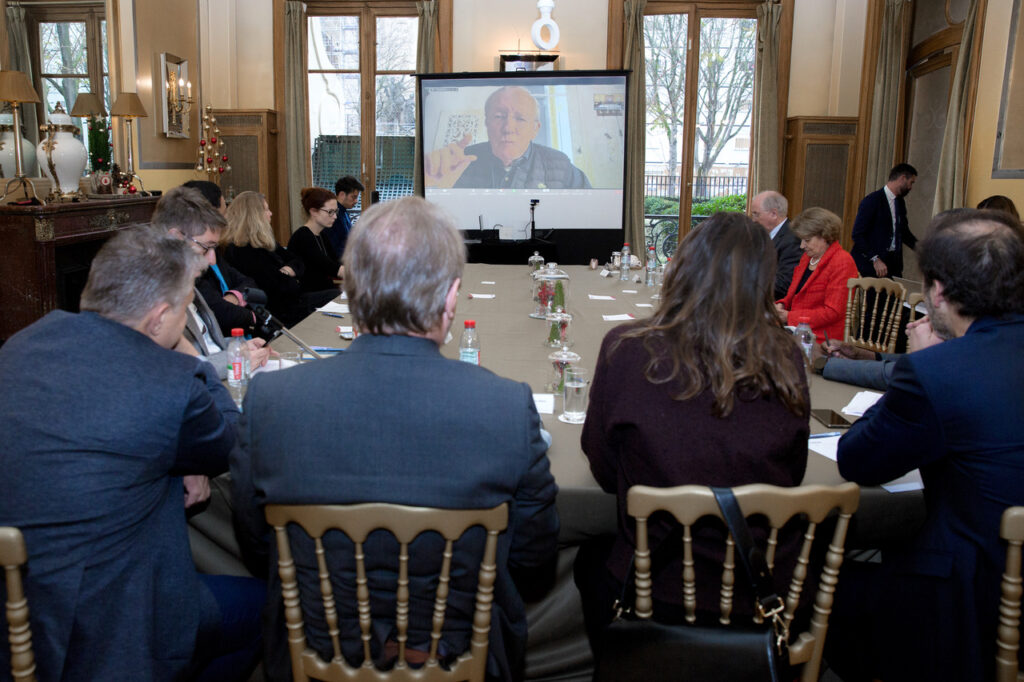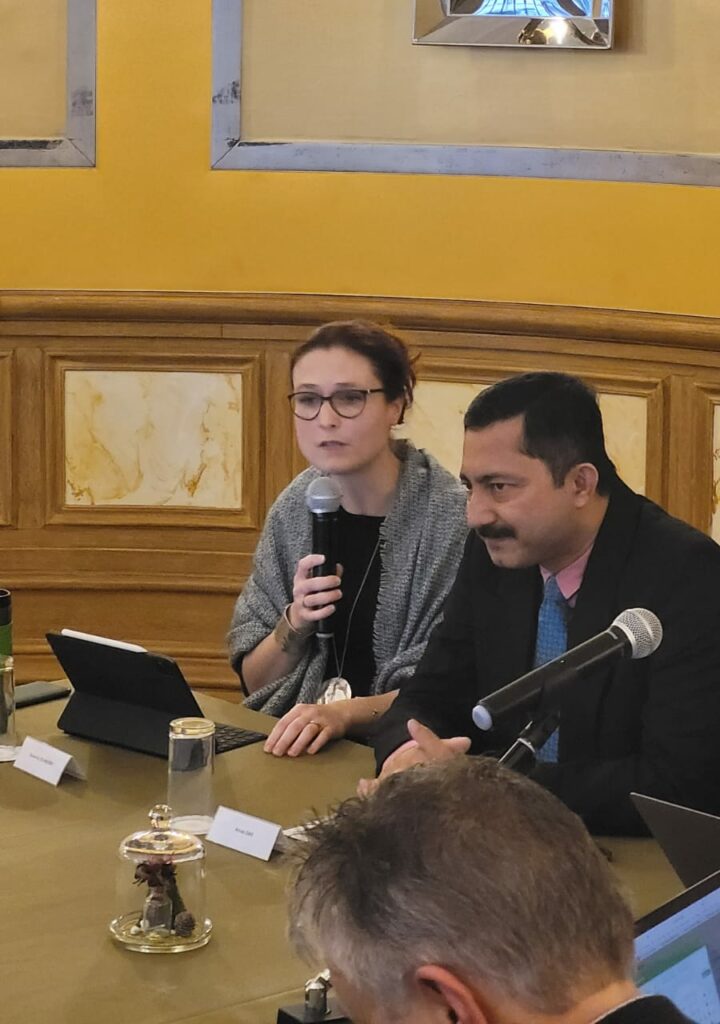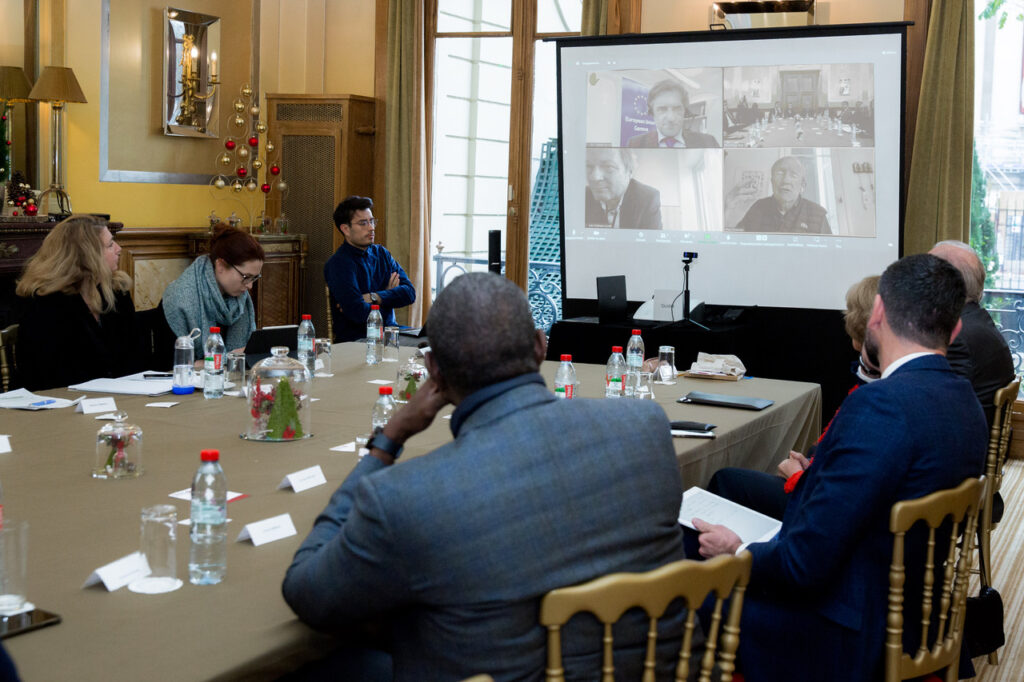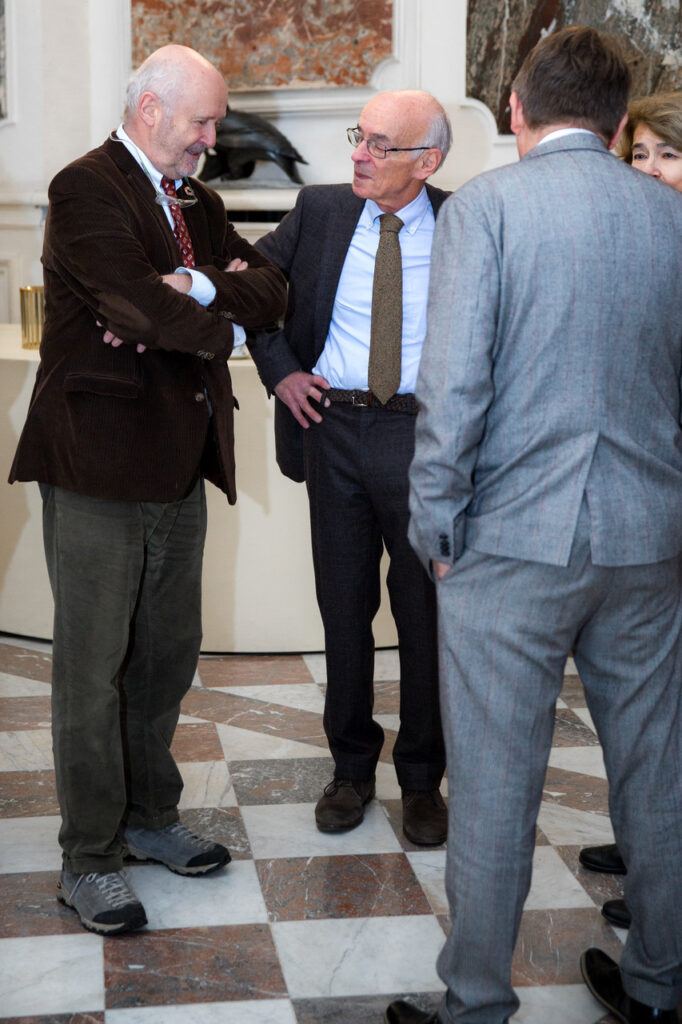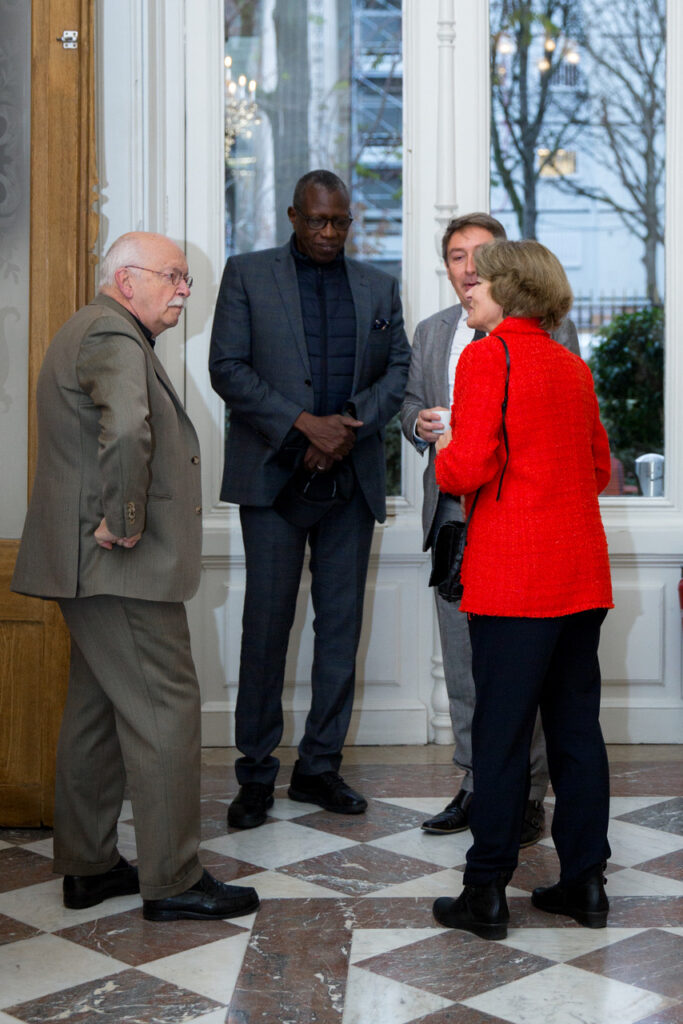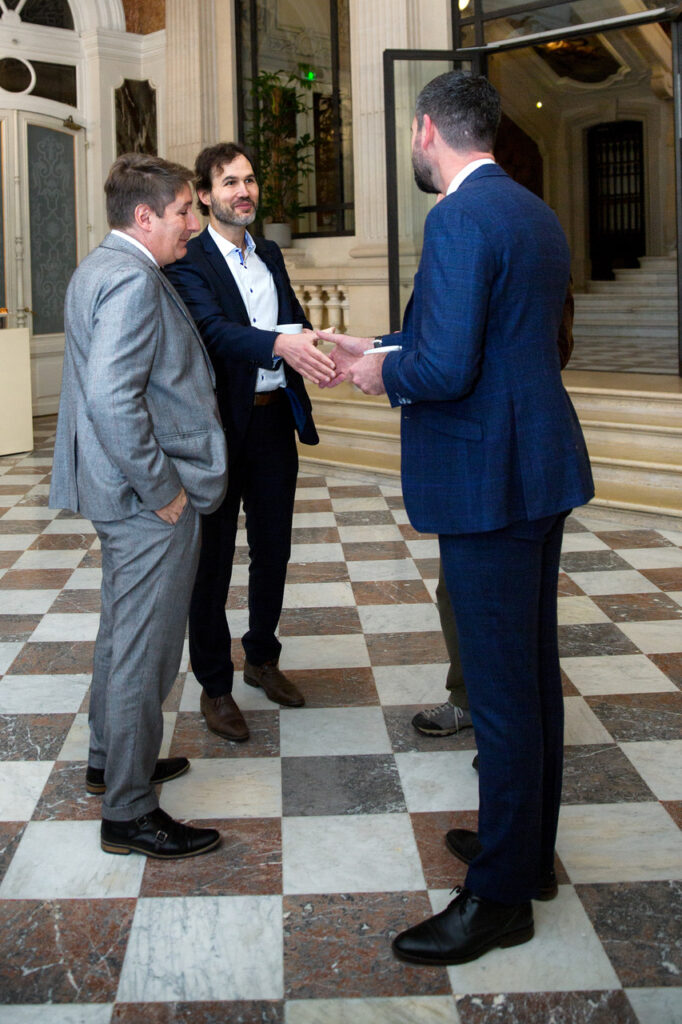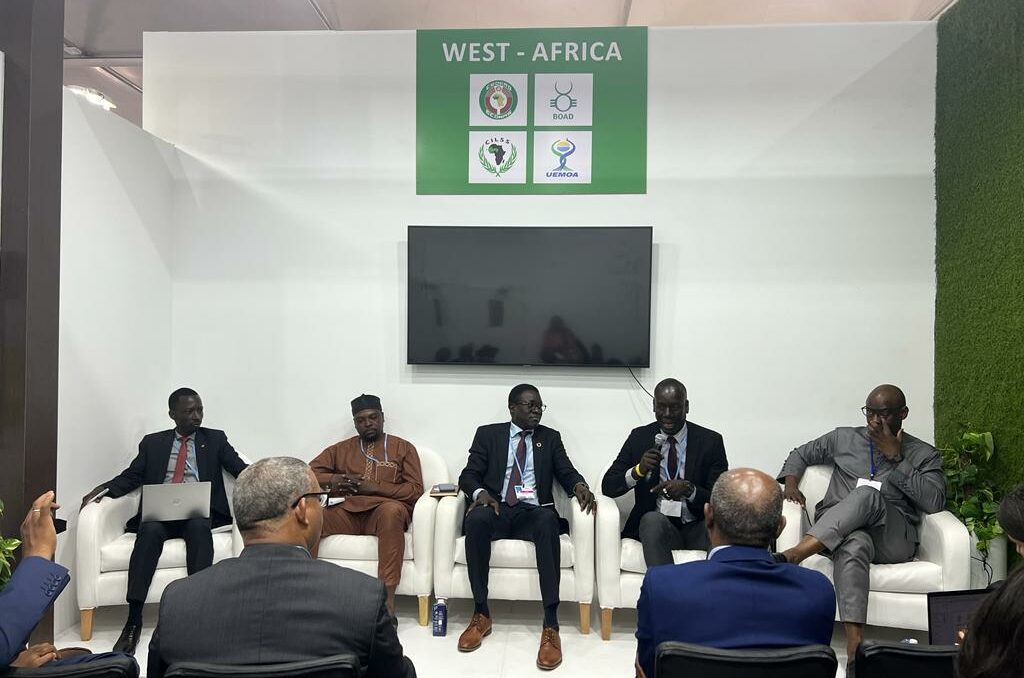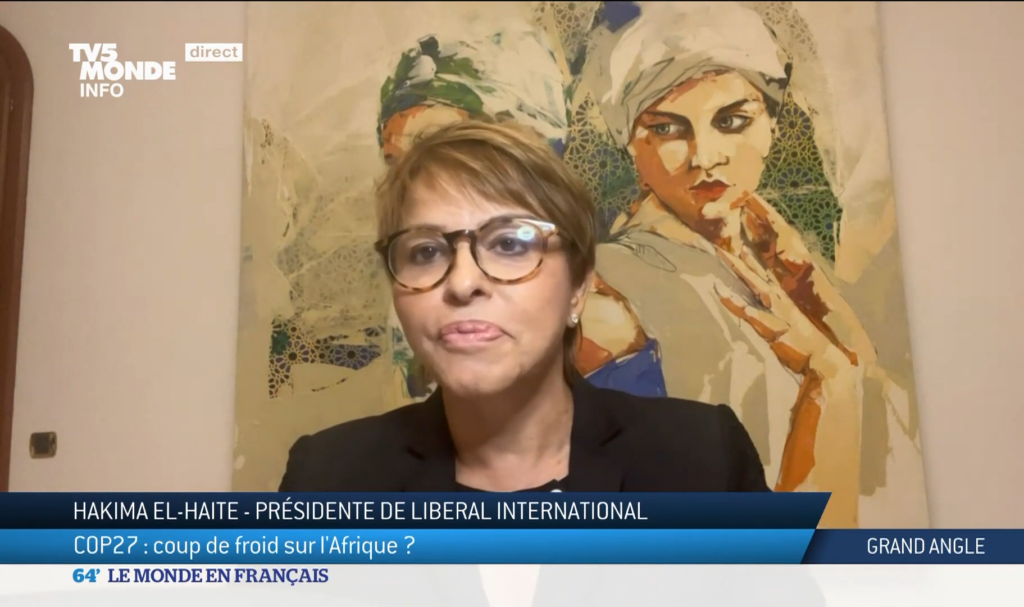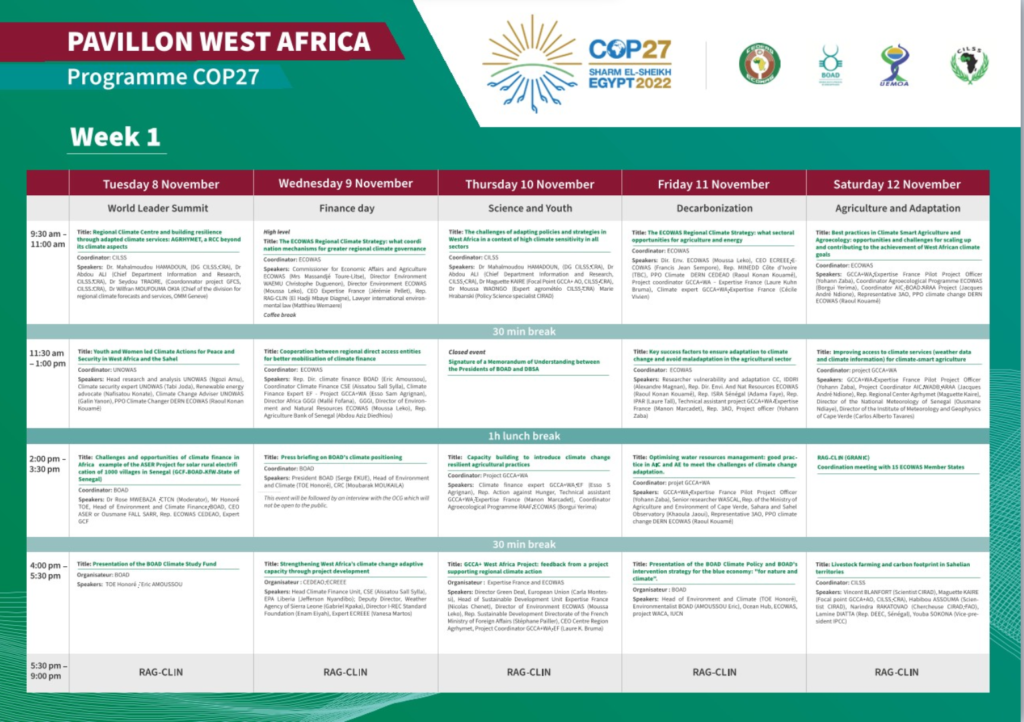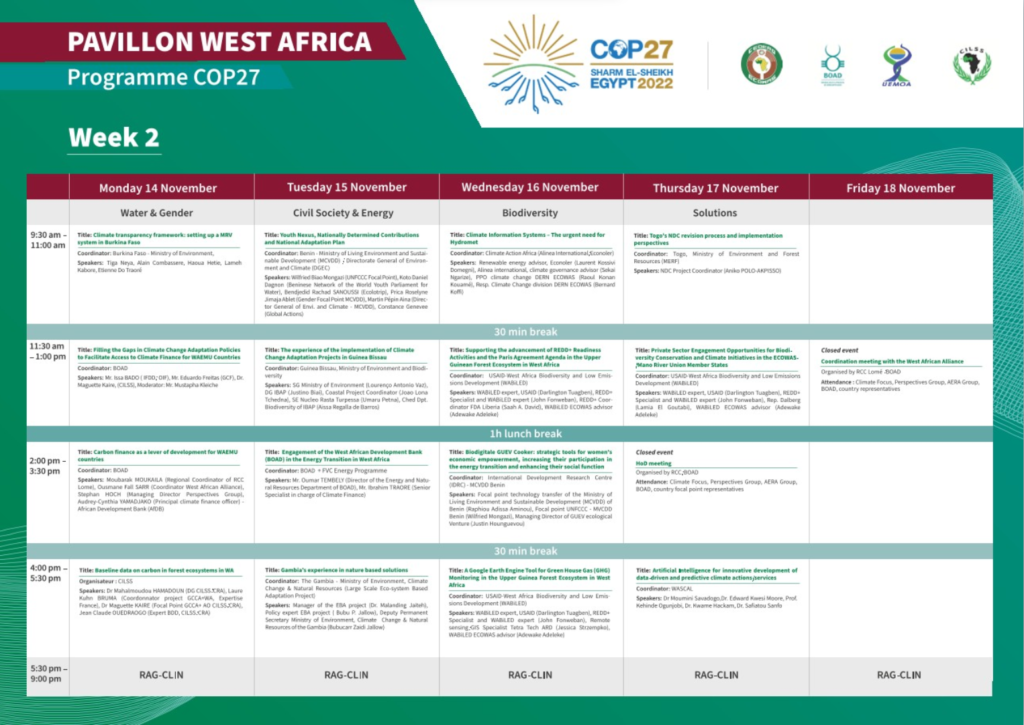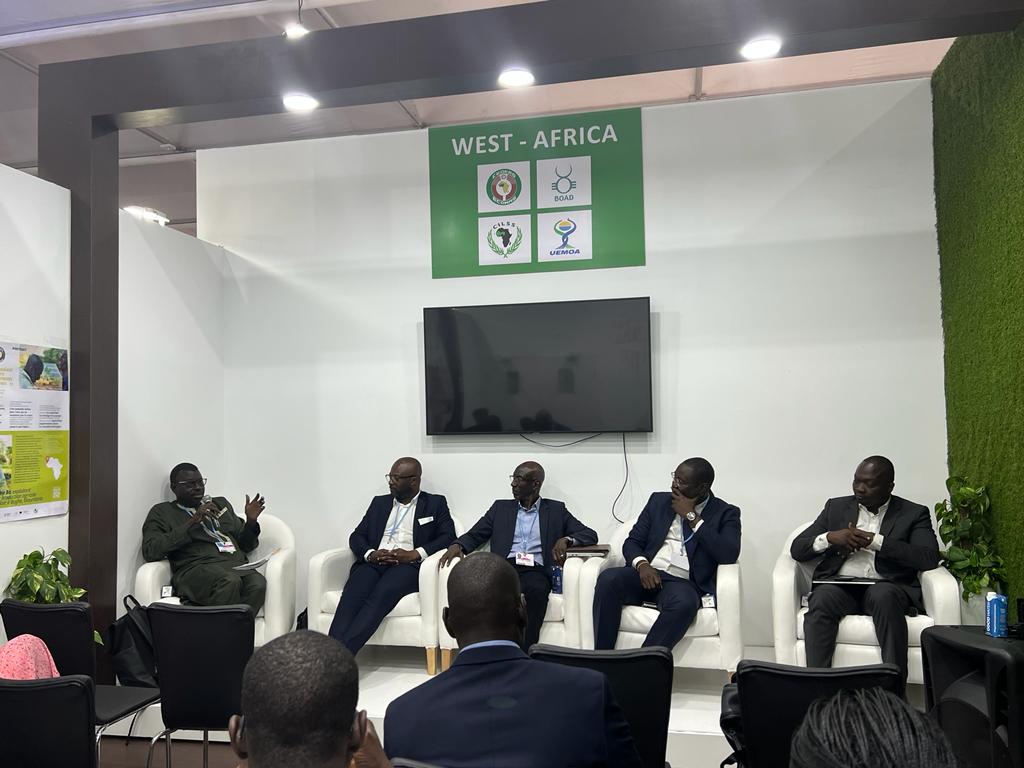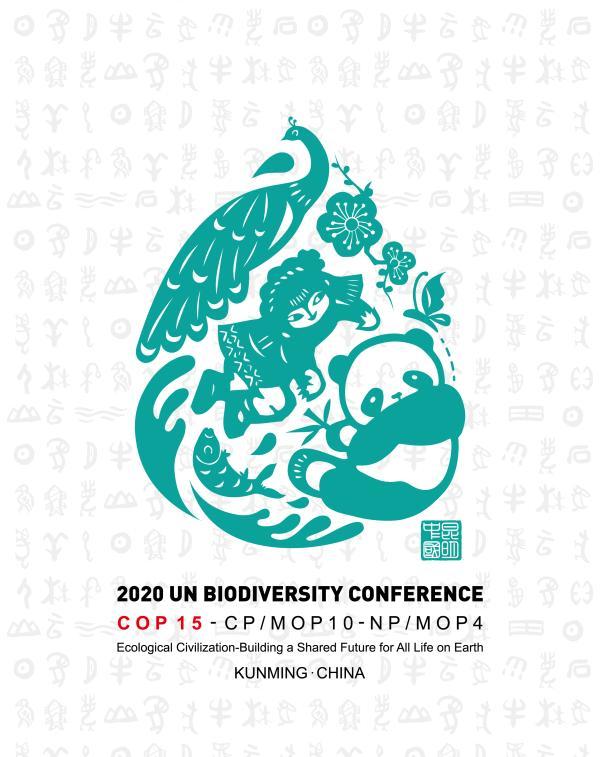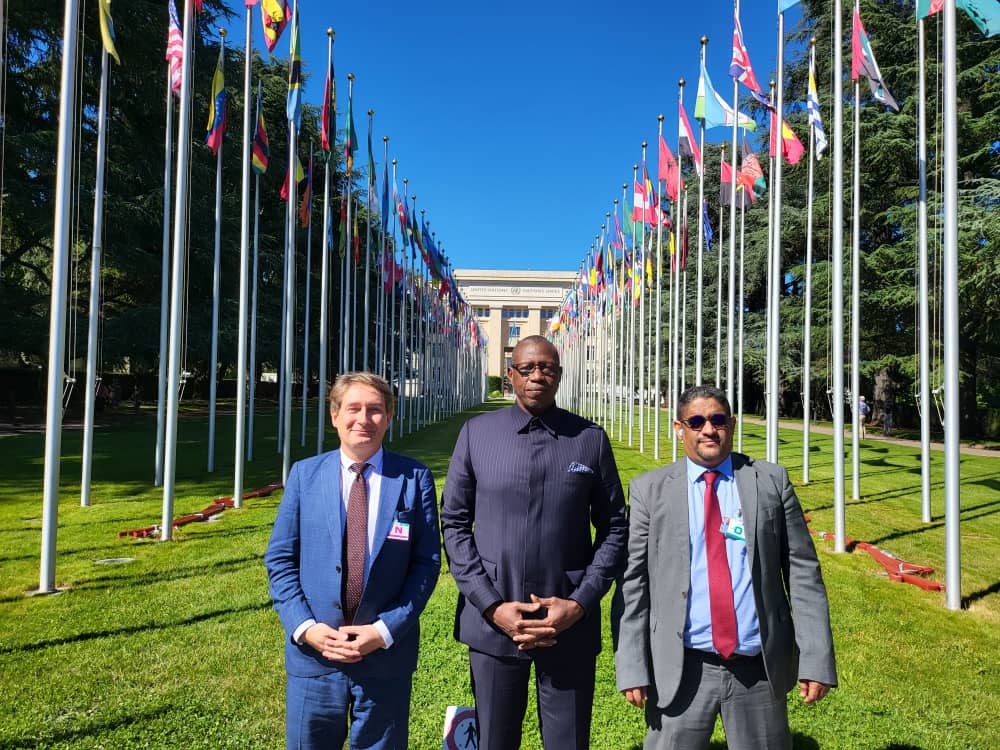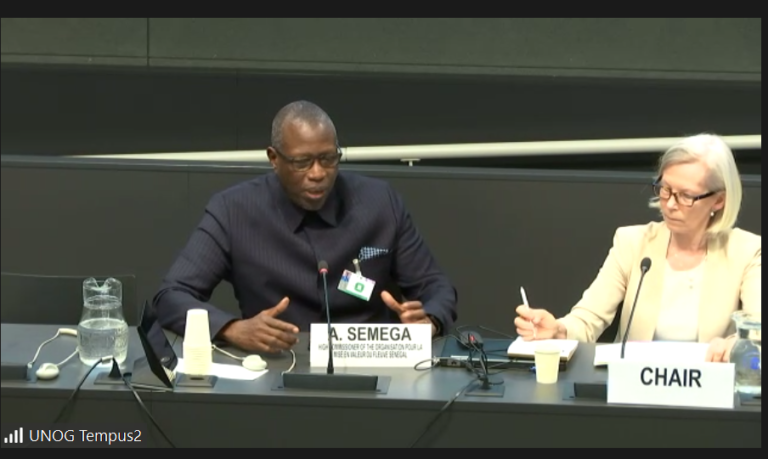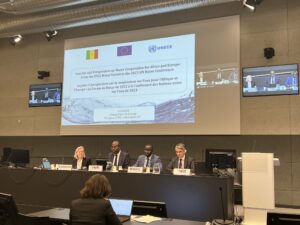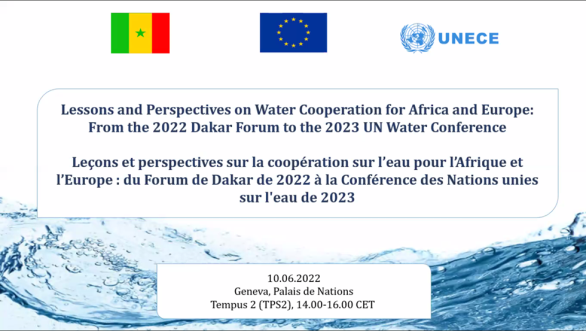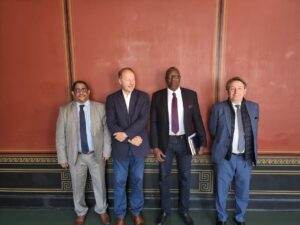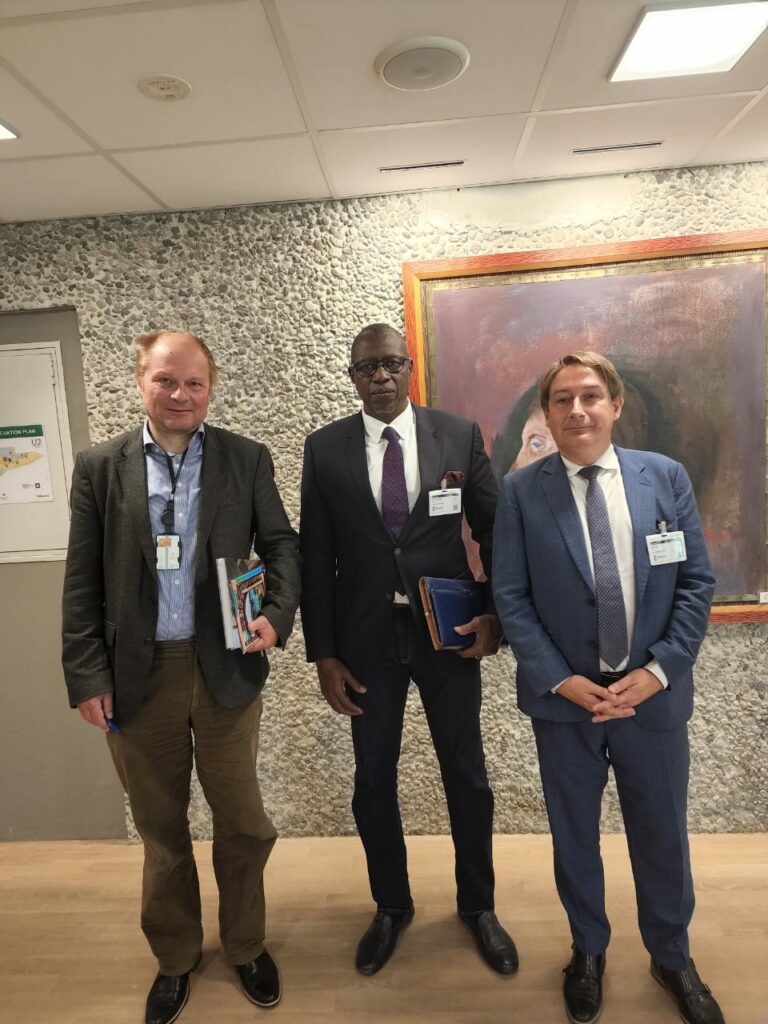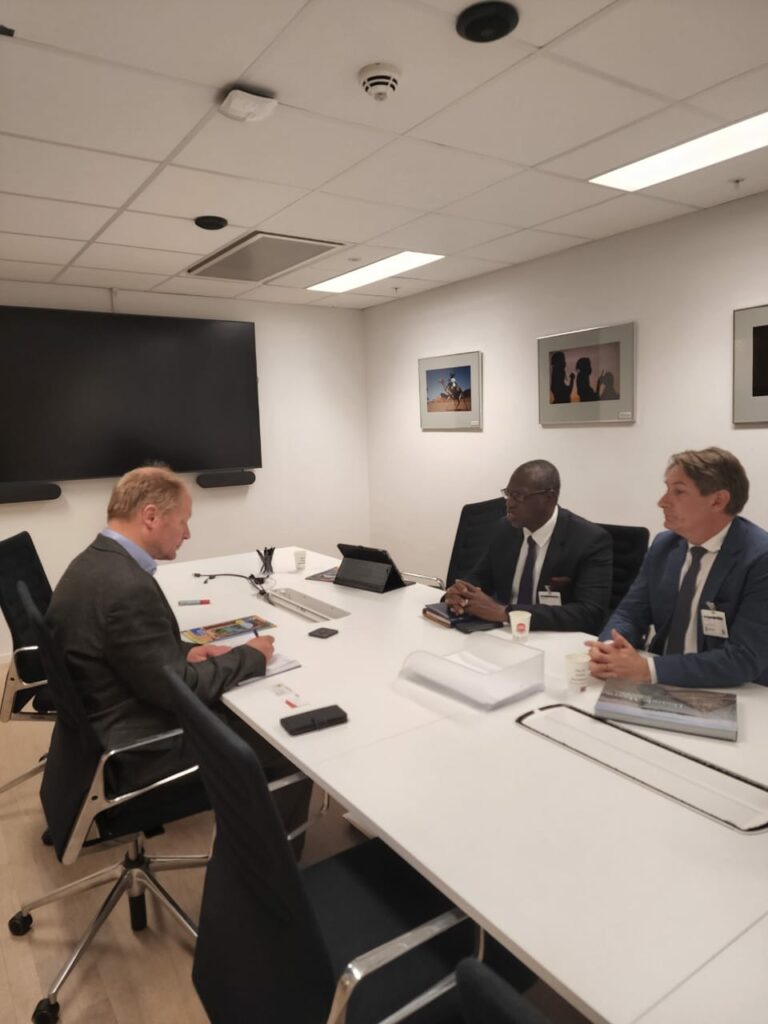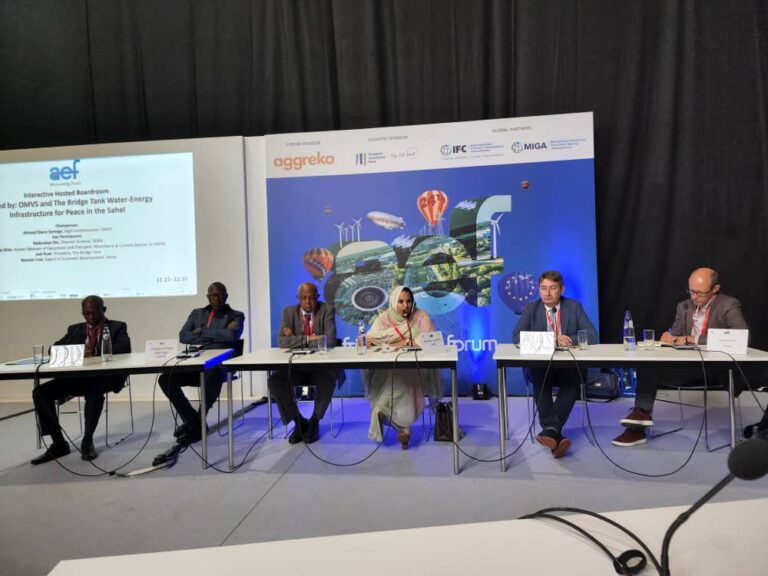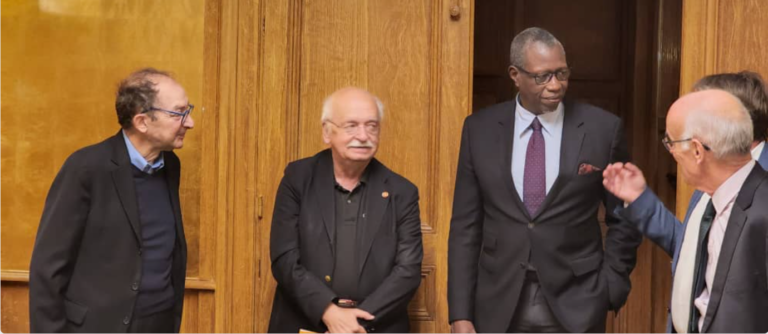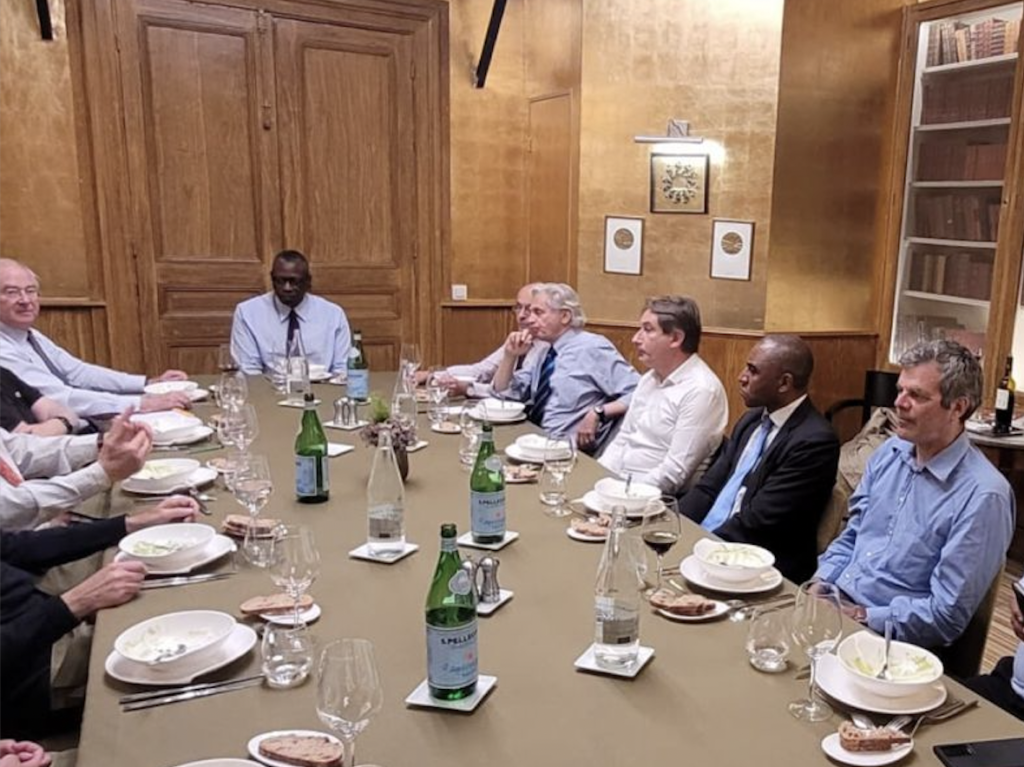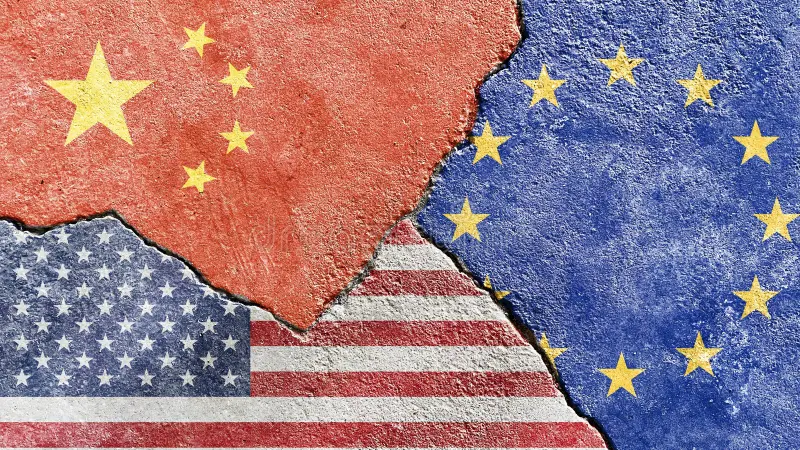G20/Business 20: Second meeting of the B20 India Task Force on Energy, Climate Change & Resource Efficiency
The Bridge Tank’s presence in New Delhi, India, for the CII Partnership Summit 2023 from 13-15 March saw Joel Ruet, President, The Bridge Tank, take part in the second meeting of the B20 India Task Force Energy, Climate Change & Resource Efficiency. As a member of the task force, The Bridge Tank had participated in its first meeting during the Inception Meeting of the Business 20 (B20) Engagement Group of the G20, on January 24th, 2023, in Gandhinagar, India.
The task force’s second meeting, on March 15th, raised three central topics: (1) accelerating net zero transitions, (2) a greater overall contribution of green energy, including green hydrogen and ammonia, and (3) an improved access to finance for these transitions. In keeping with one of the objectives of India’s G20 presidency, the task force has stressed the importance of including developing countries in these developments.
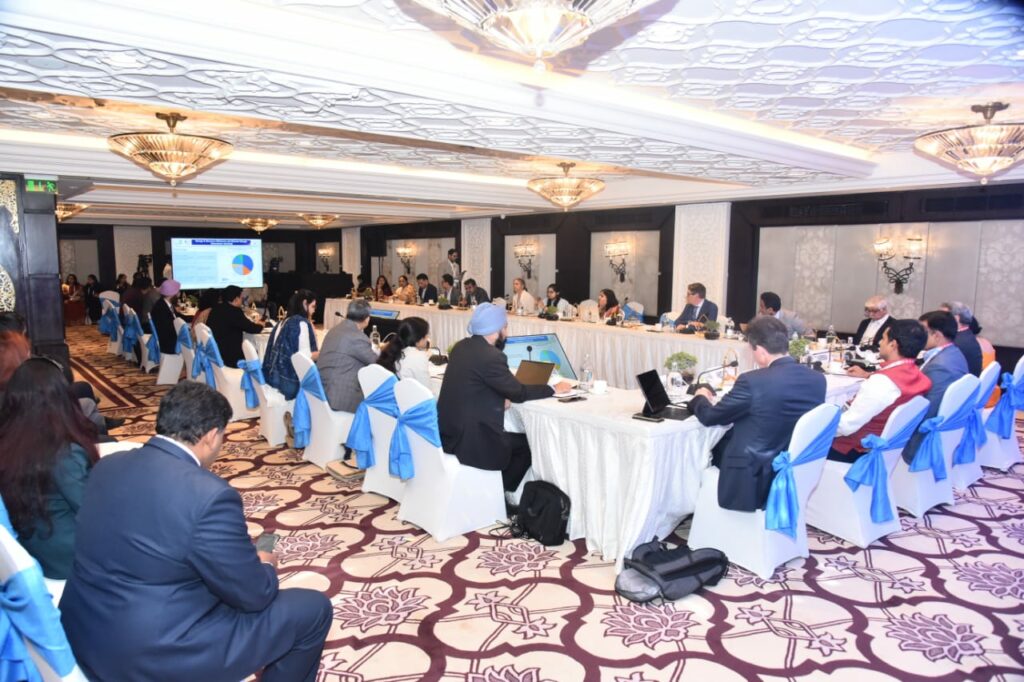
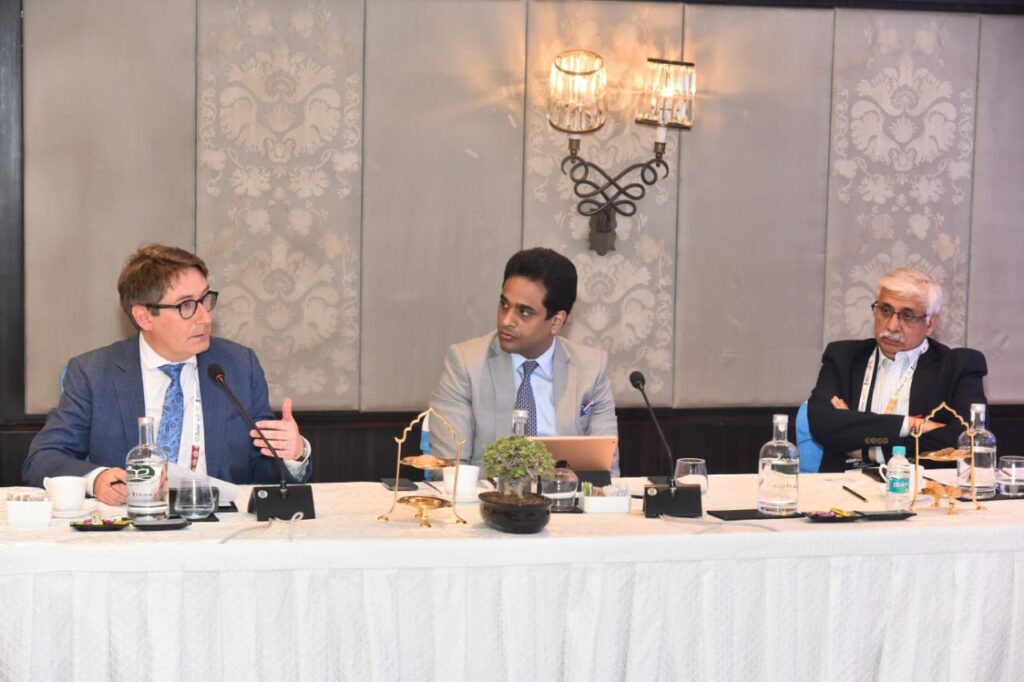
Notably, the stress was put on the fact that, while global ESR and non-financial standards as well as technology push through state support is needed, there is a capital cost advanatge for some countries which others do not have. Therefore, even more than human resources support or technology transfer assistance, to include developing countries, there is rather a need for a financial level-playing field, some argued, among which The Bridge Tank. While recommandations that Multilateral Developement Banks and private funds address this seriously were made, part of the debate revolved around the idea of focusing public money onto de-risking, and, The Bridge Tank argues, at involving local, national, and regional financial ecosystems into then de-risked project pipelines.
Besides, if one ventures out of the solutions only fitted for G20 countries – as India’s G20 presidency wishes to have G20 adhere to Africa’s issues for instance – then there is an debate opening up on the unequal data capacity across the world, which may add-up to capital cost inequality. This is a line of contribution we will keep feeding into the task force until its third meeting in April and final meeting in June.
Discussions and feedback between the task force’s first and second meeting raised numerous additional issues; these include establishing global standards for hydrogen, assessing the life cycle and scope for recyclables, setting provisions for domestic and international transactions on carbon and facilitating access to finance and technology. Furthermore, it is crucial to include and recognize the role mico, small, and medium entreprises have to play. As noted by some members of the task force, clear results and actions are required, as the cost of inaction on adaption to climate change would be dire, notably for coastal regions.
The meeting was convened by some of India’s leading industry captains:
- Mr Sajjan Jindal, Chairman & Managing Director, JSW Group, chair of the task force
- Mr Vineet Mittal, Chairman, Avaada Group, vice chair of the task force
- Mr T V Narendran, Managing Director, Tata Steel, vice chair of the task force
- Mr Chrstian Cahn von Seelen, Executive Committe memebrr Volskwagen, vice chair of the task force
- Mr Jean-Pierre Clamadieu, Chairman of the Board, ENGIE, vice chair of the task force (represented by his head of staff)
